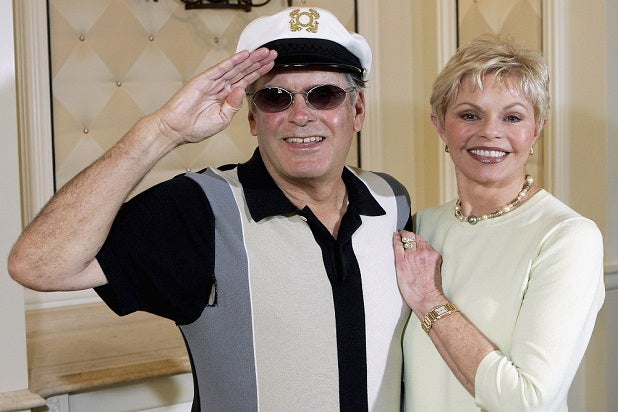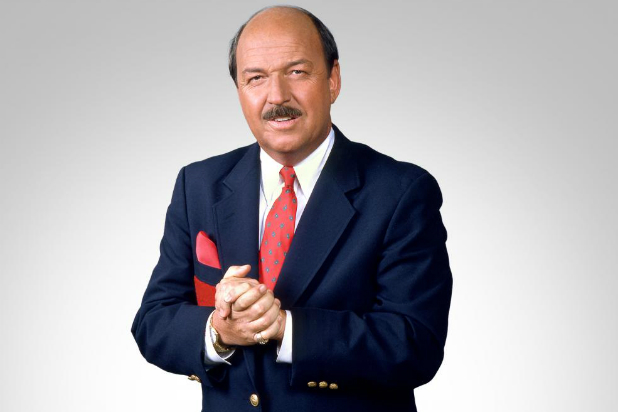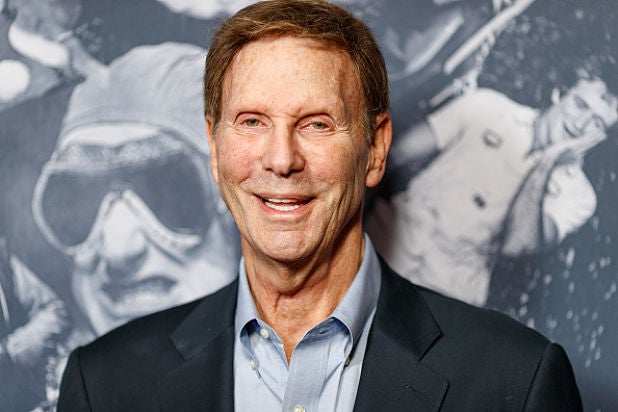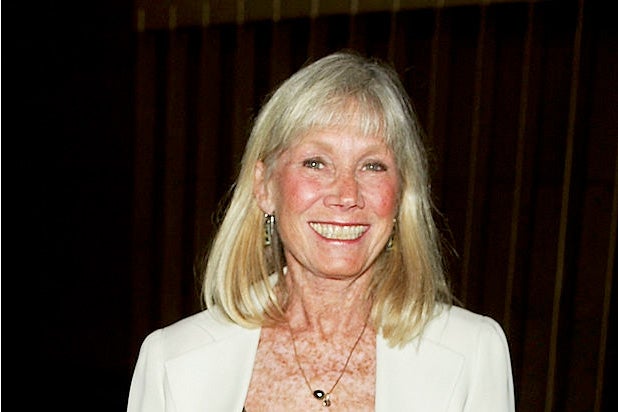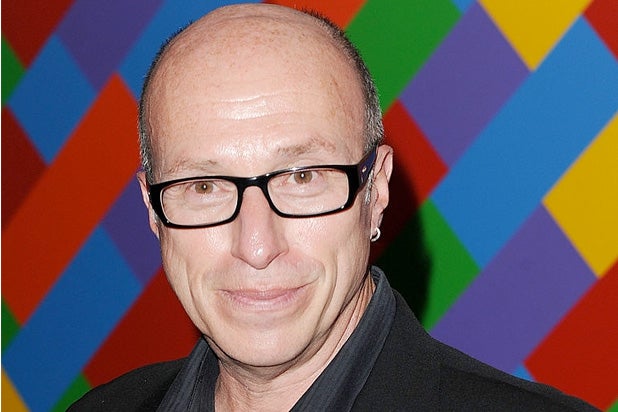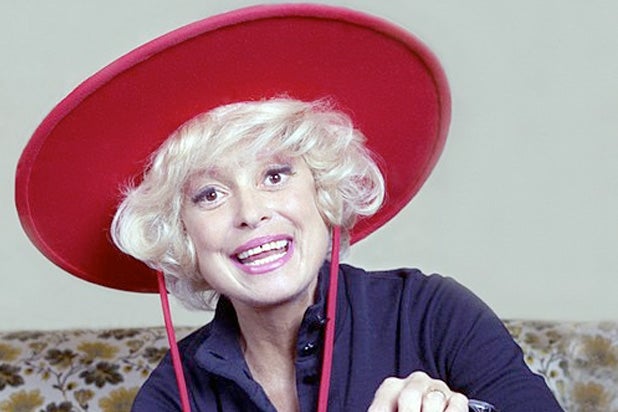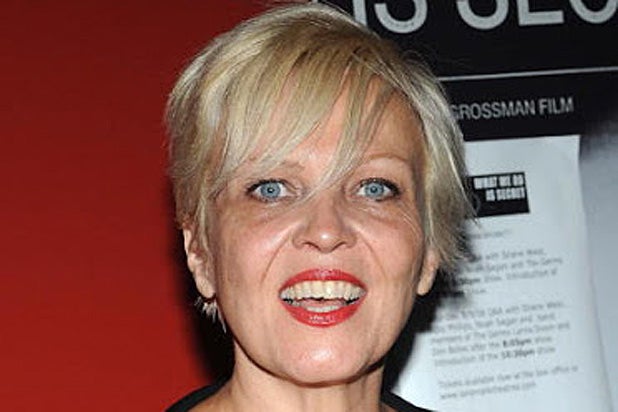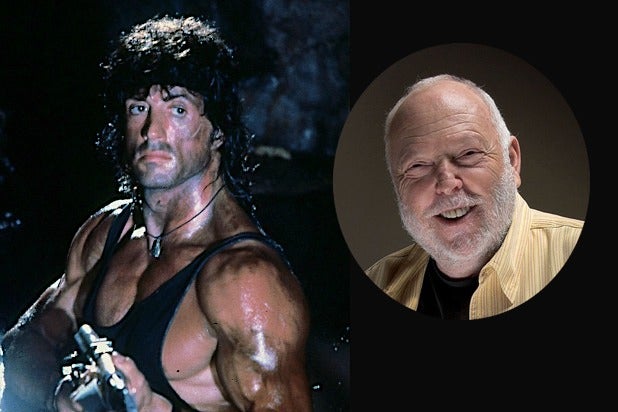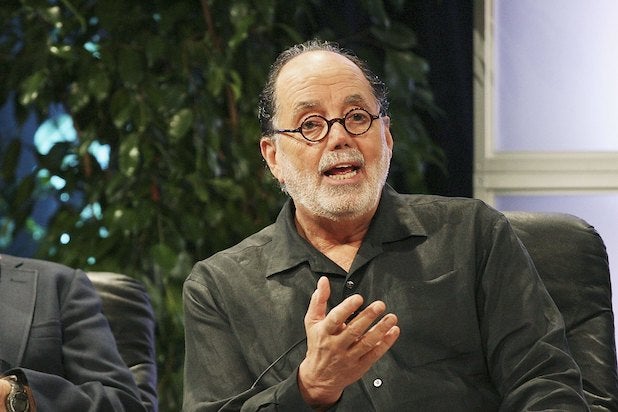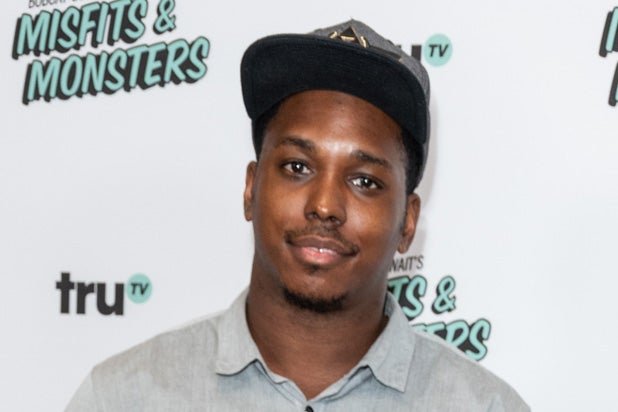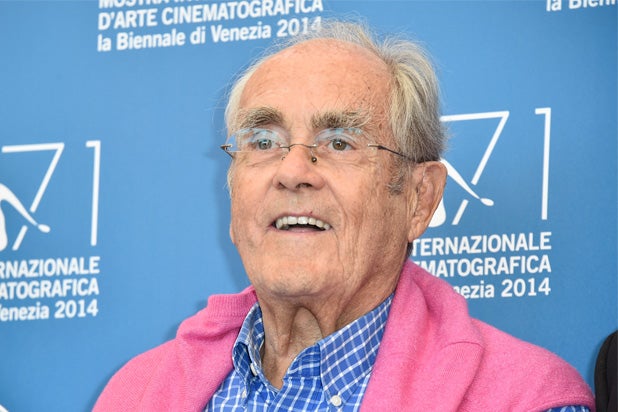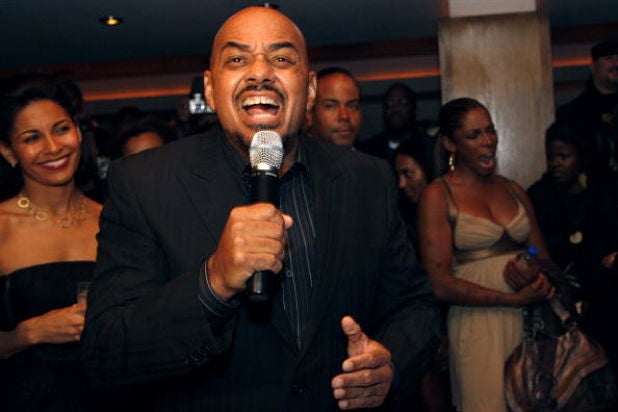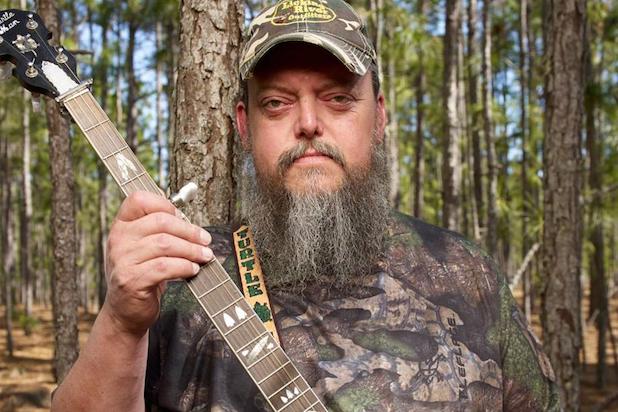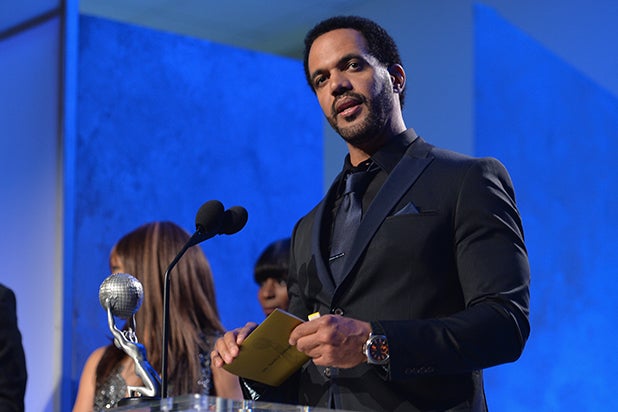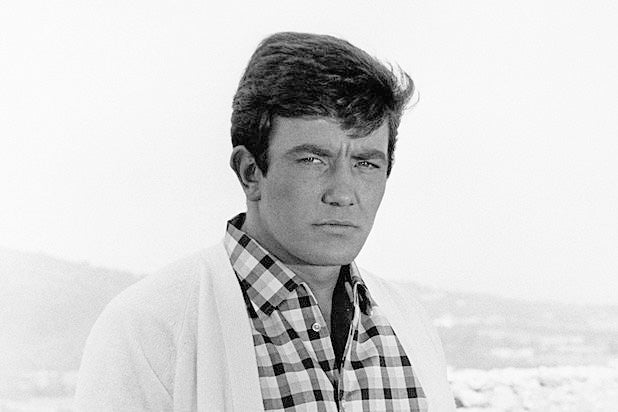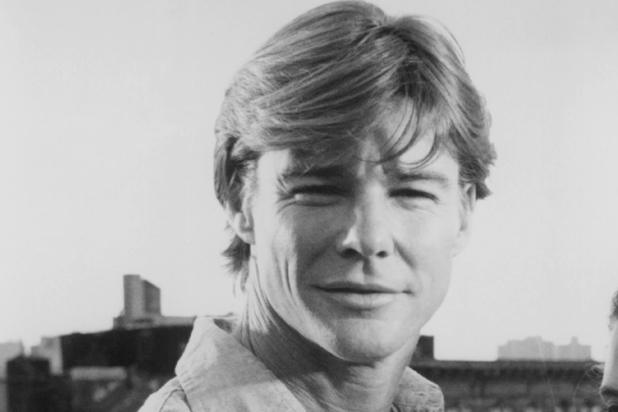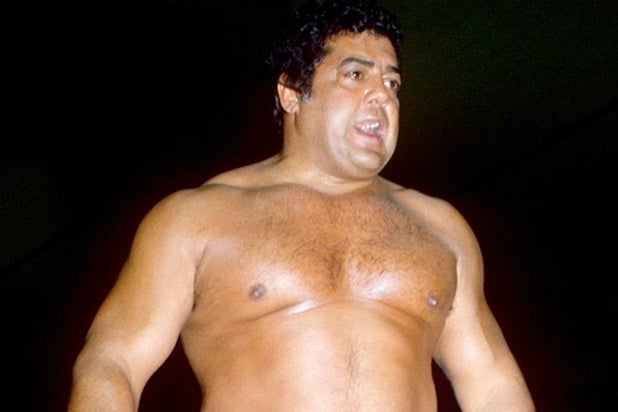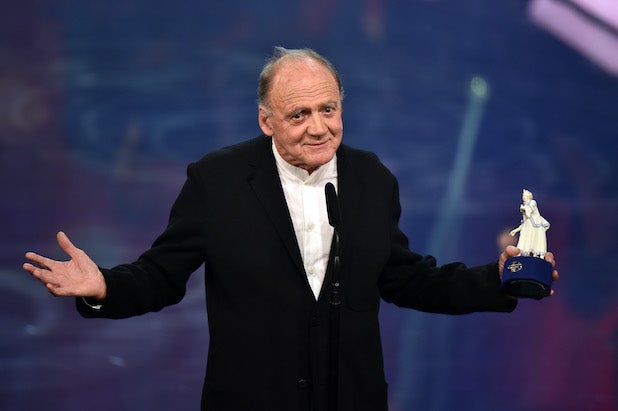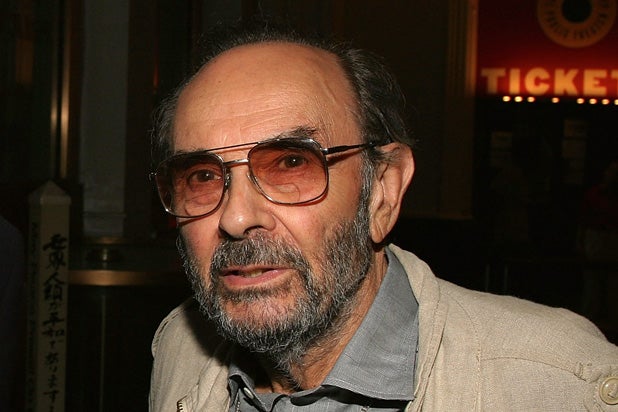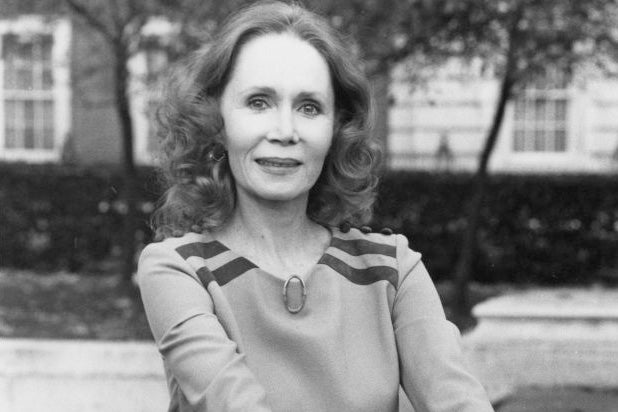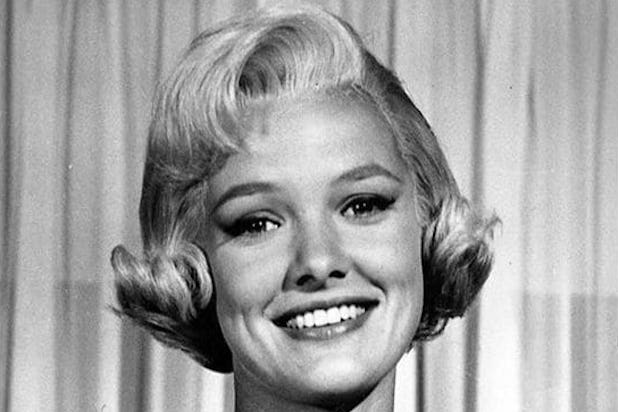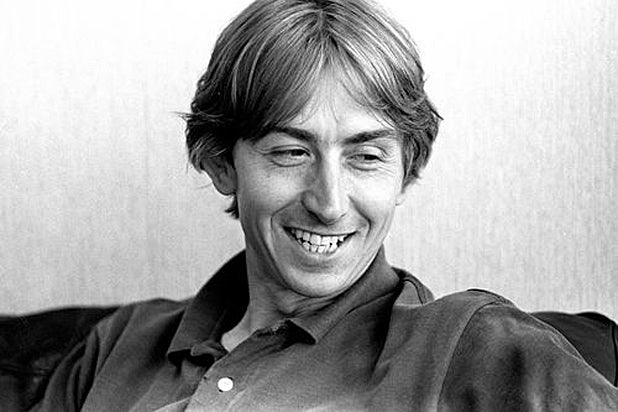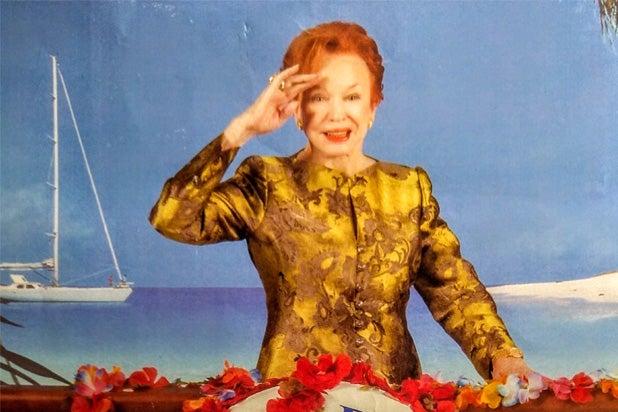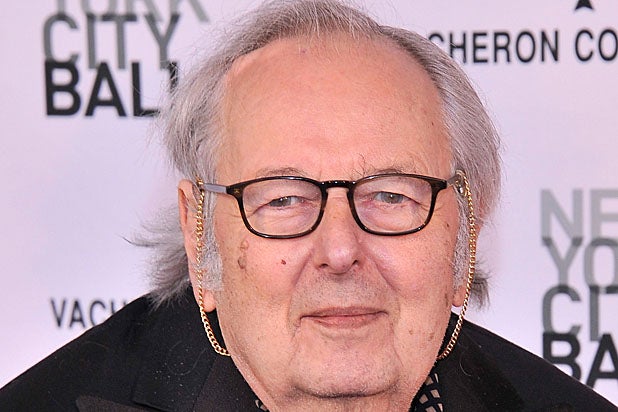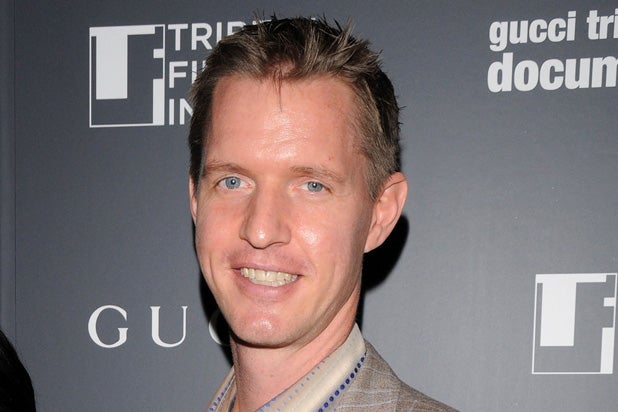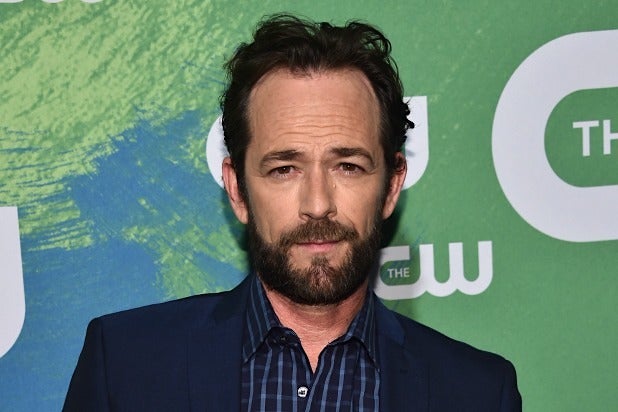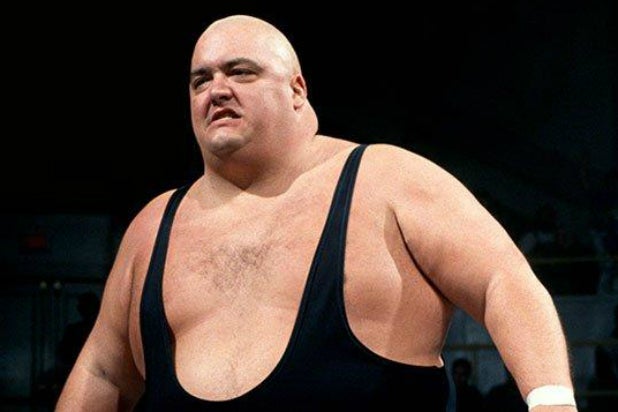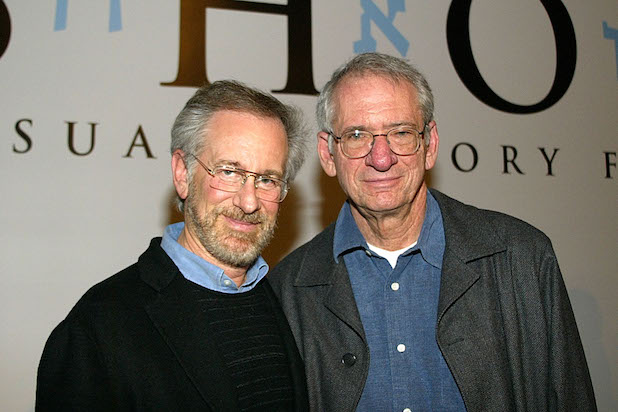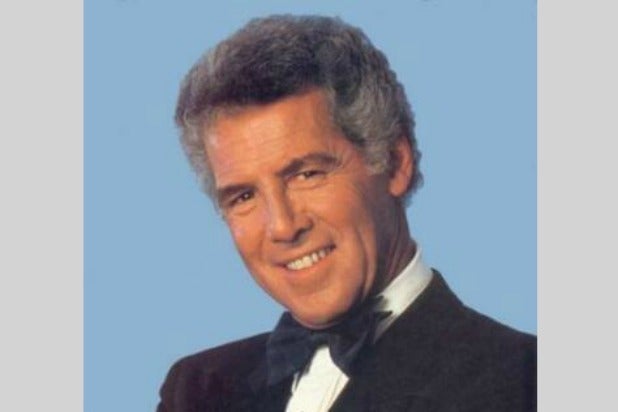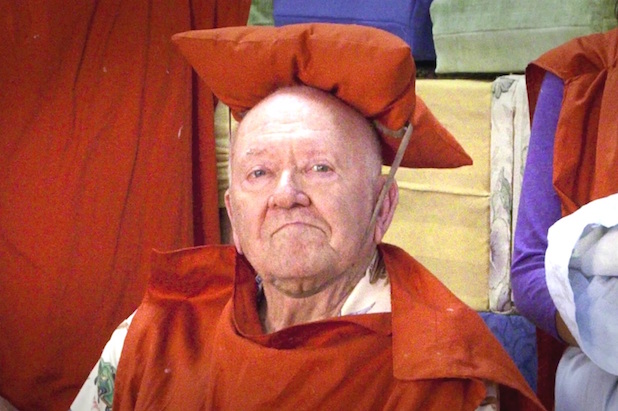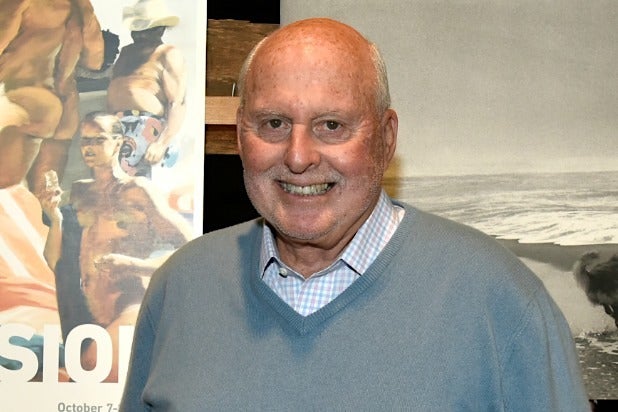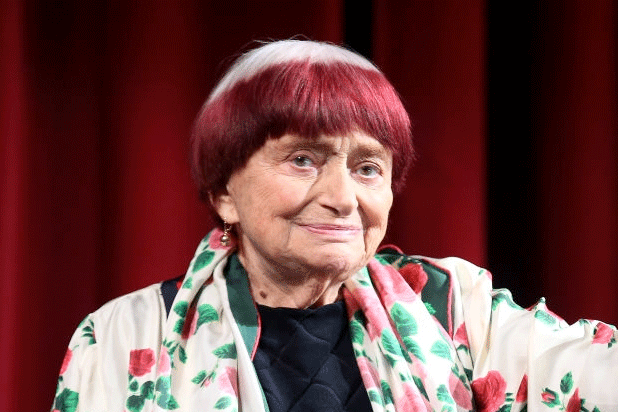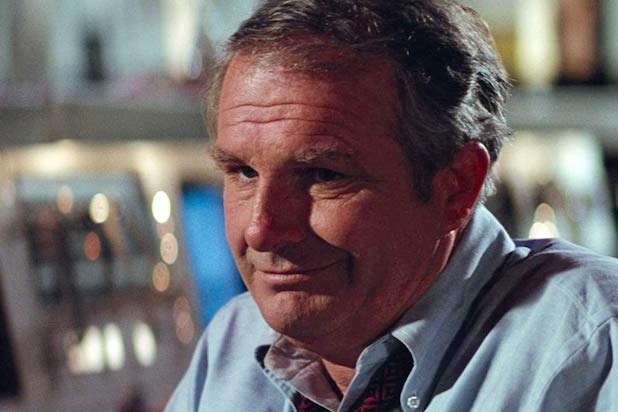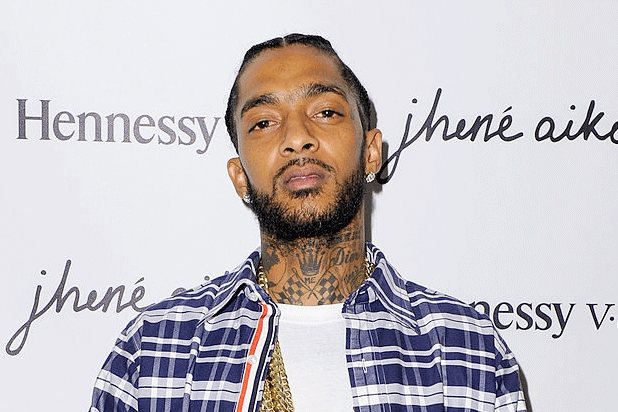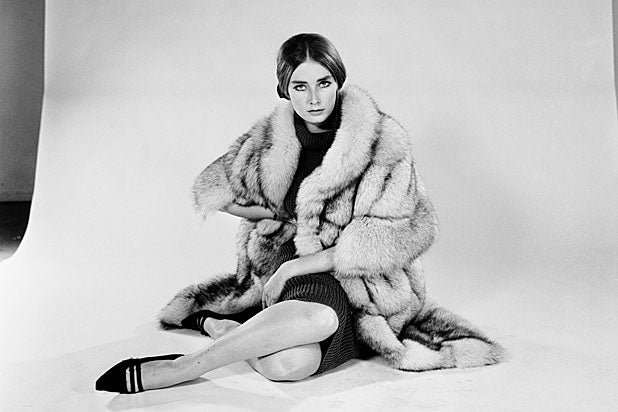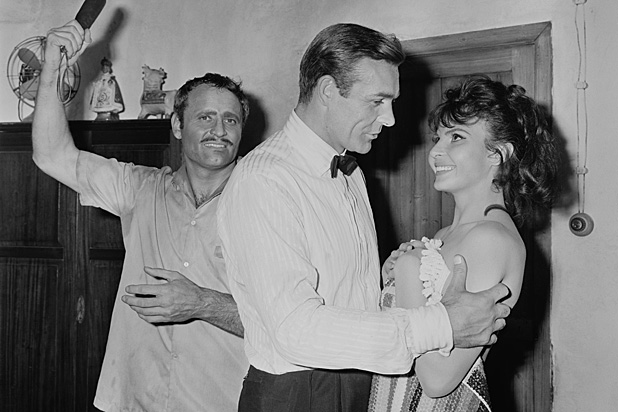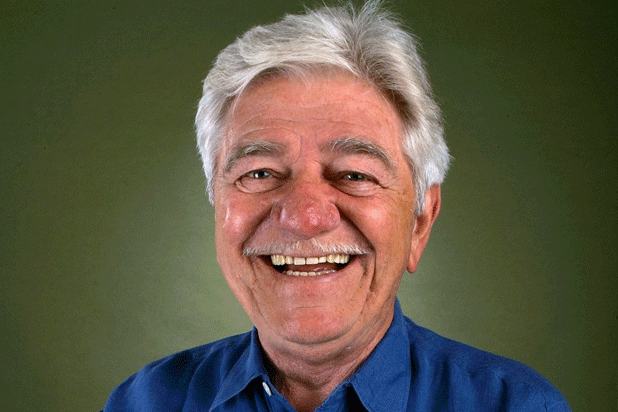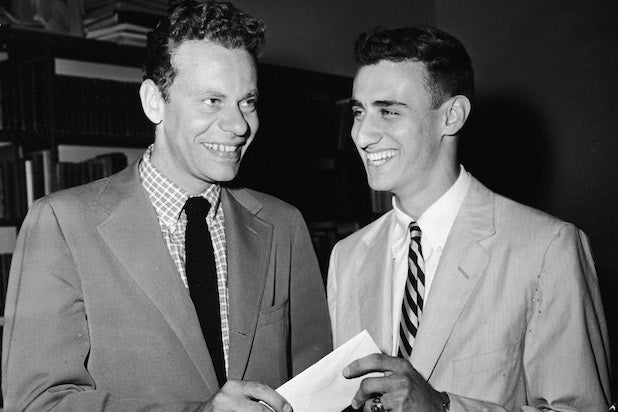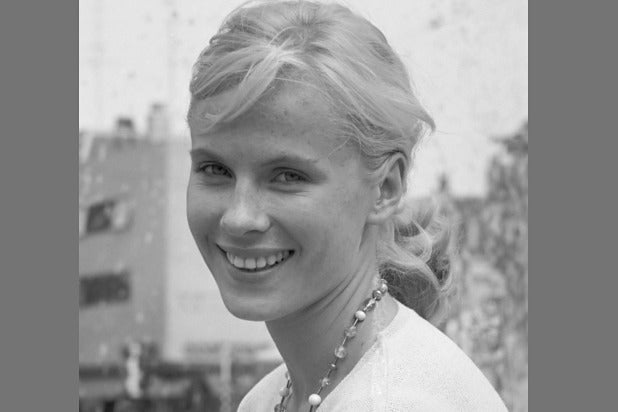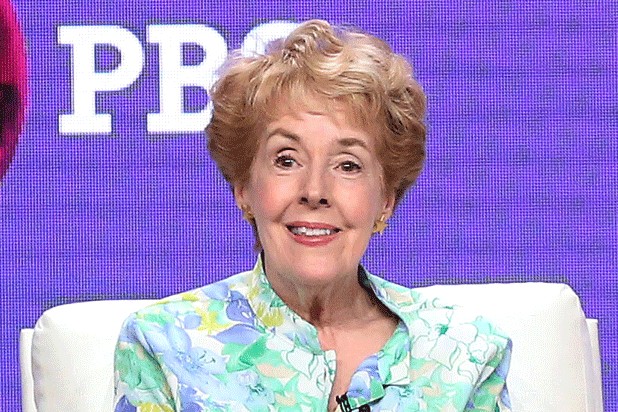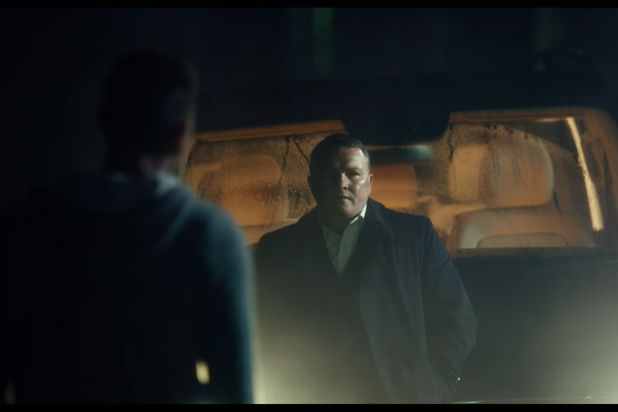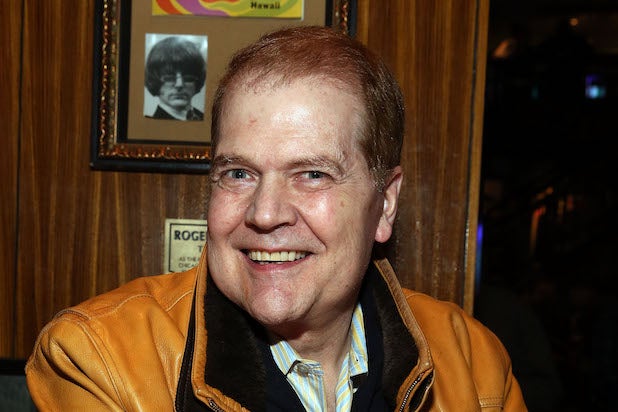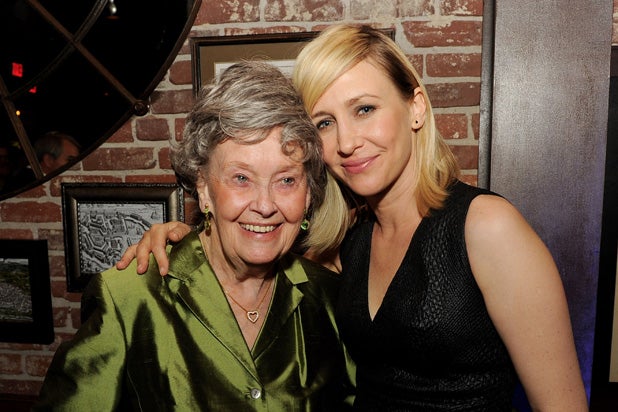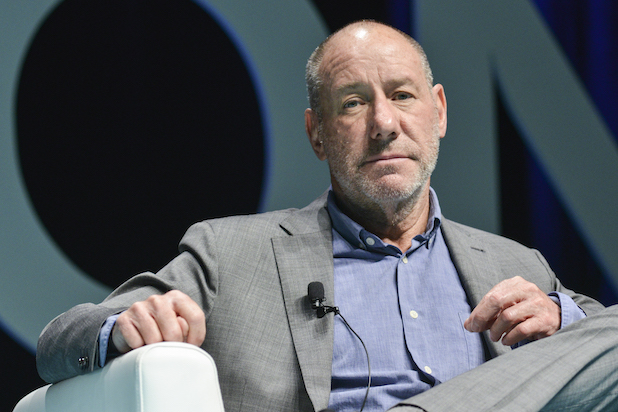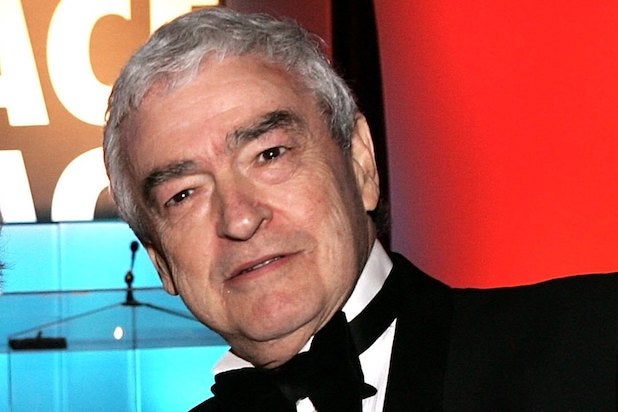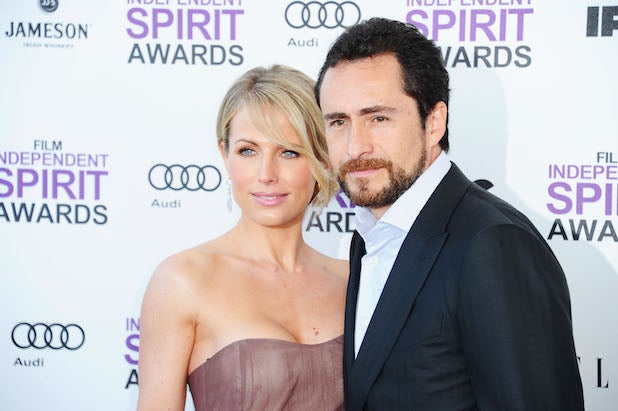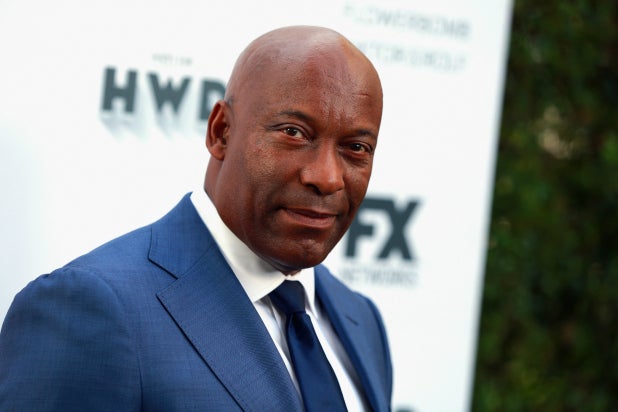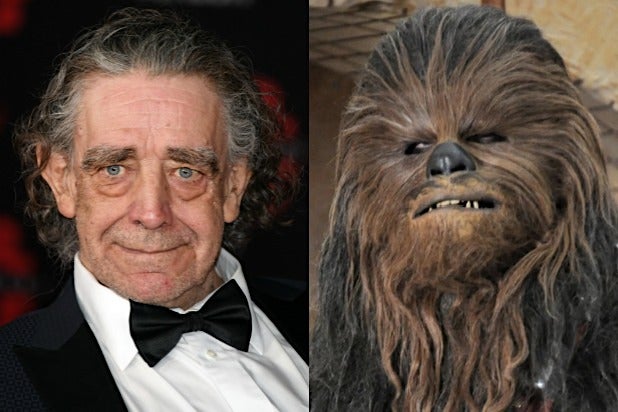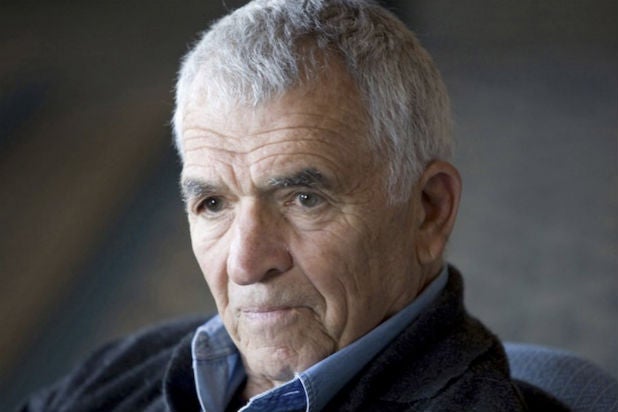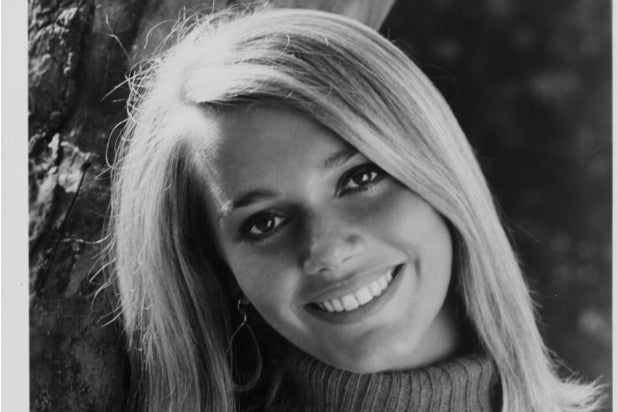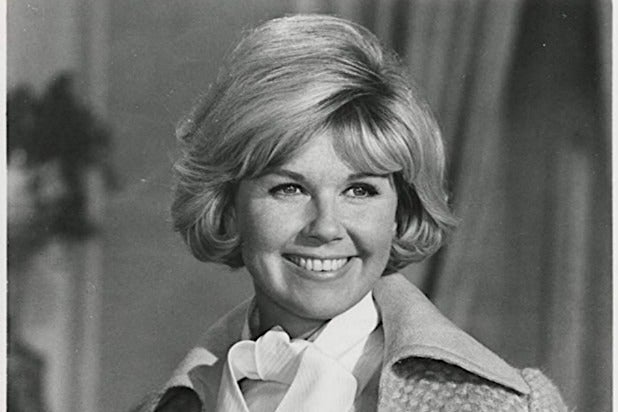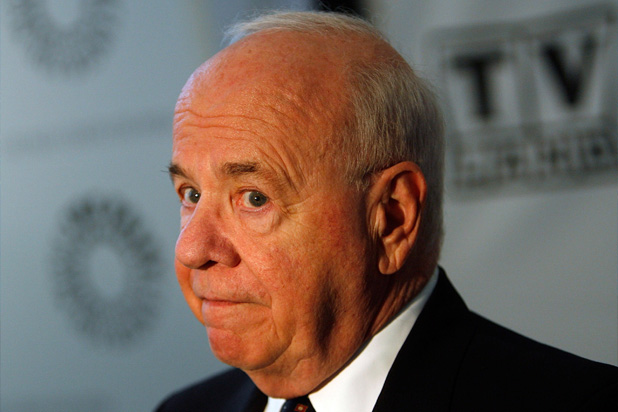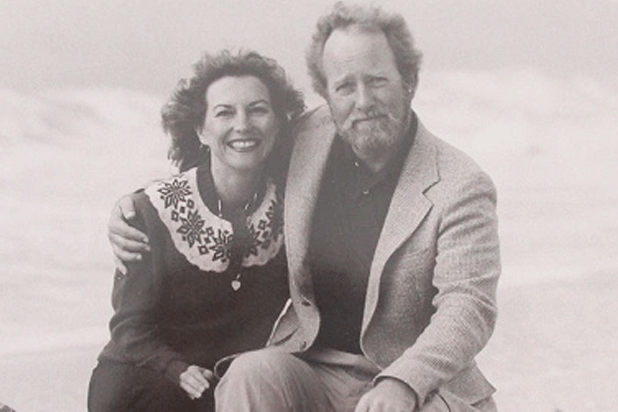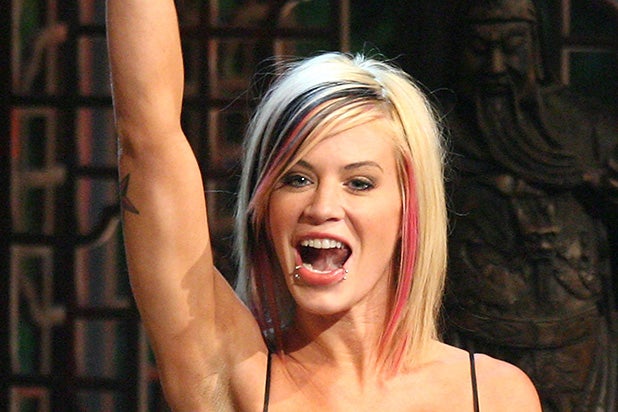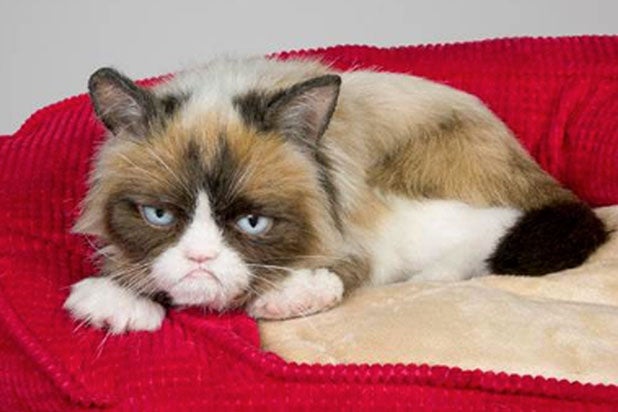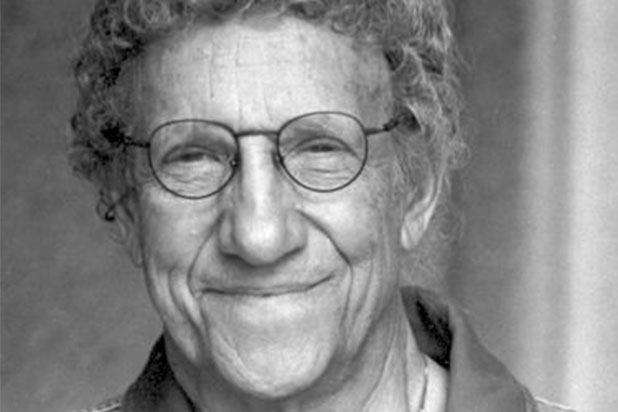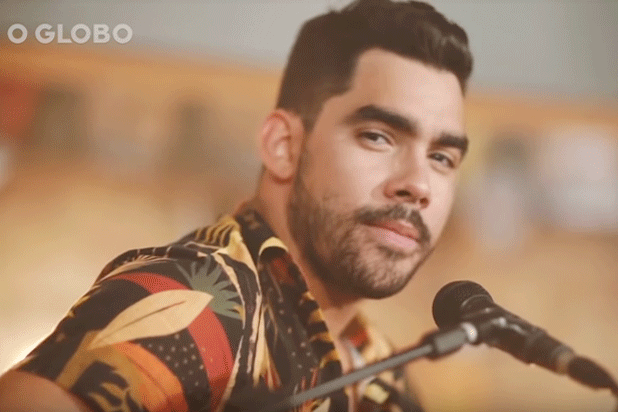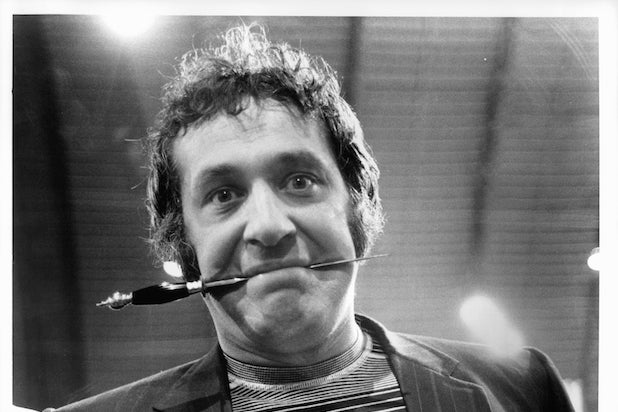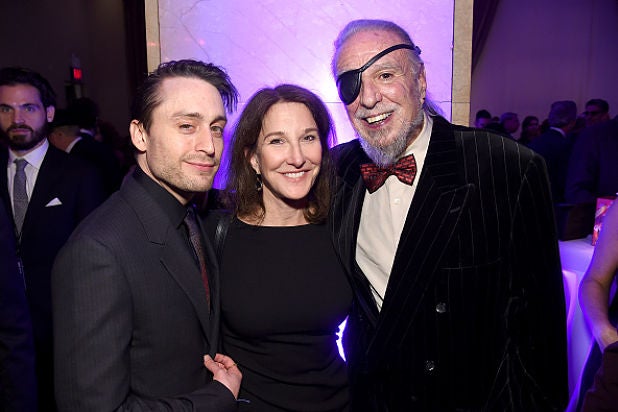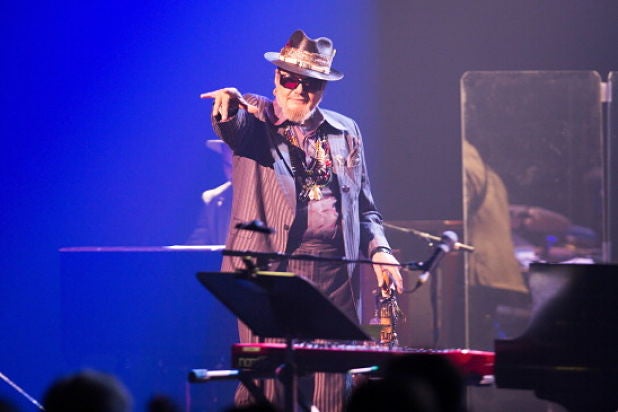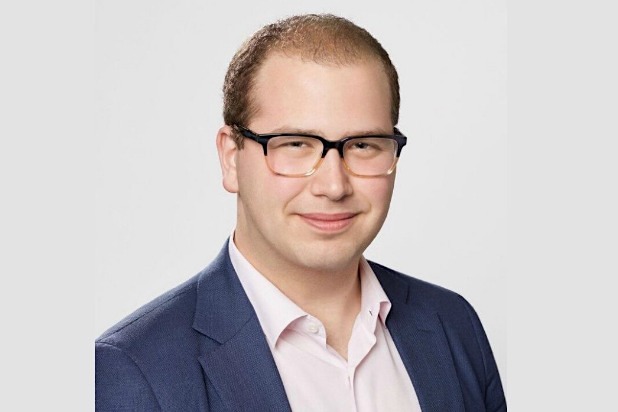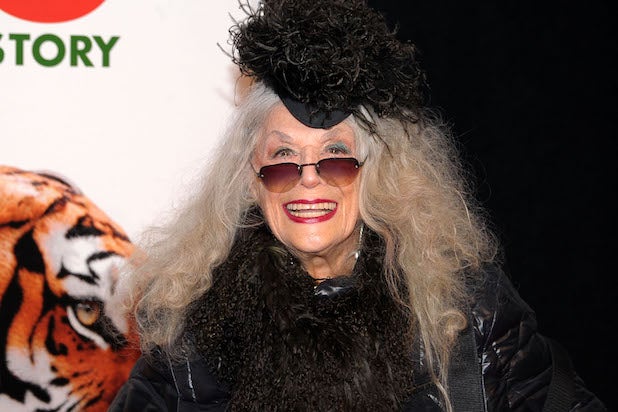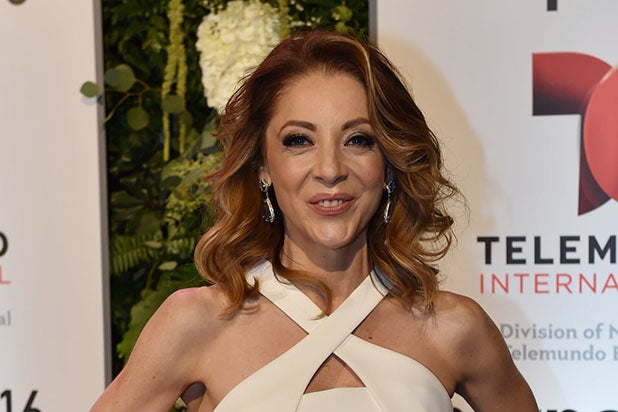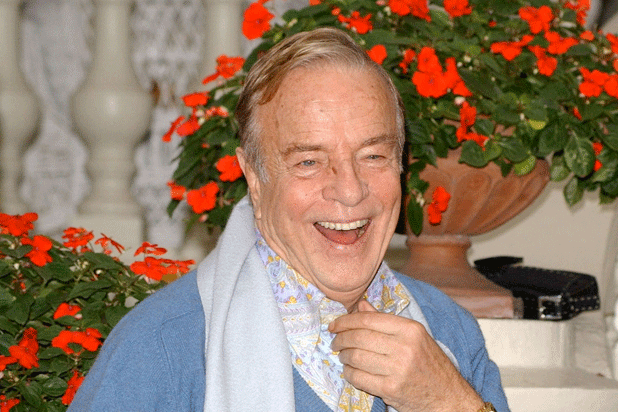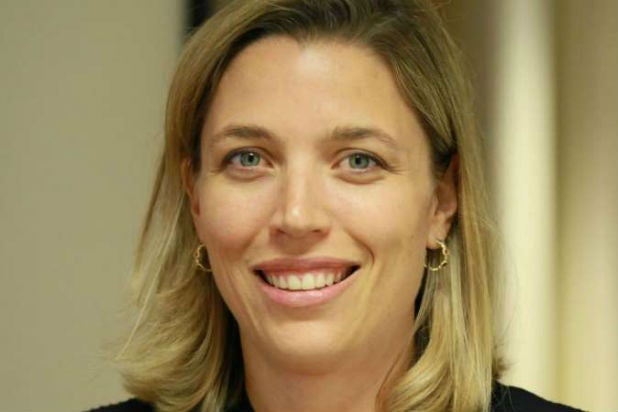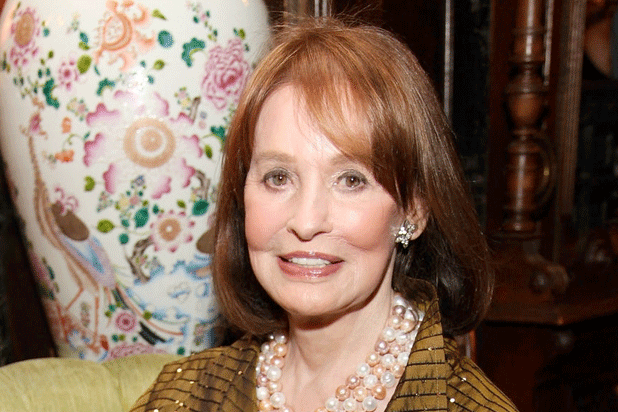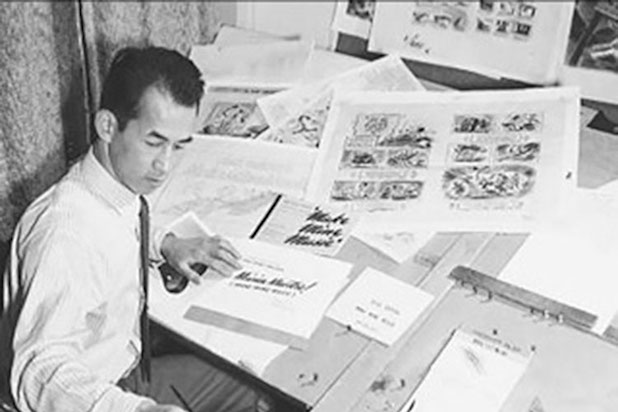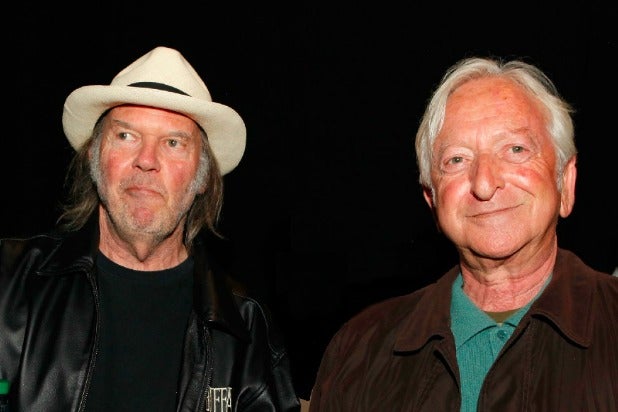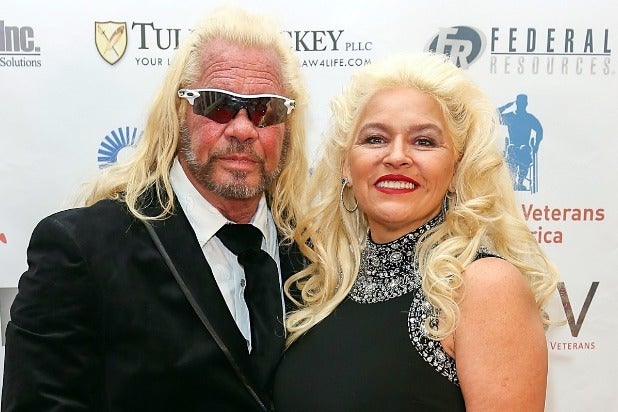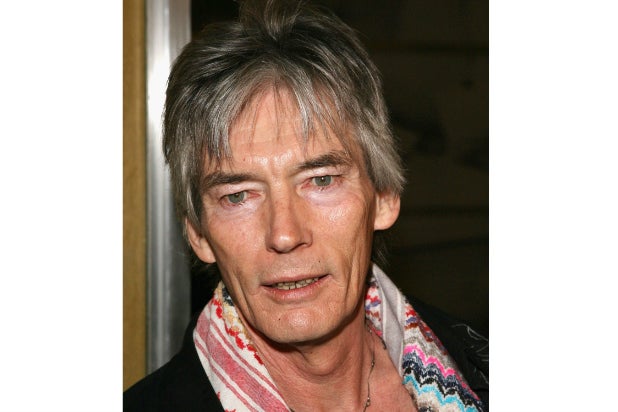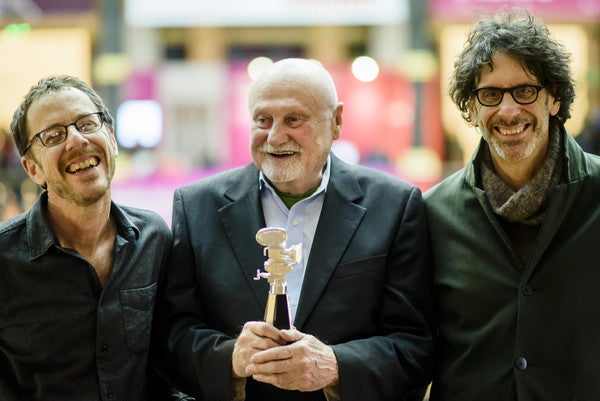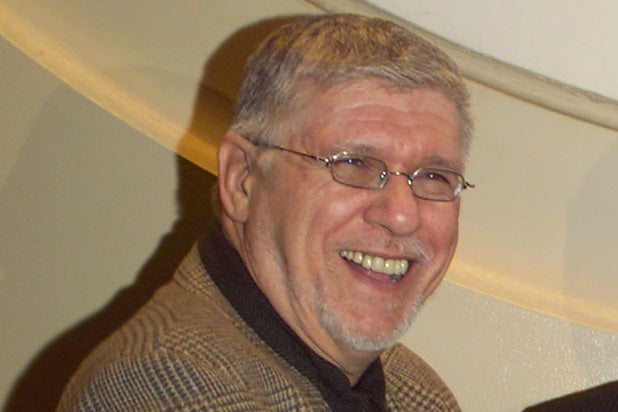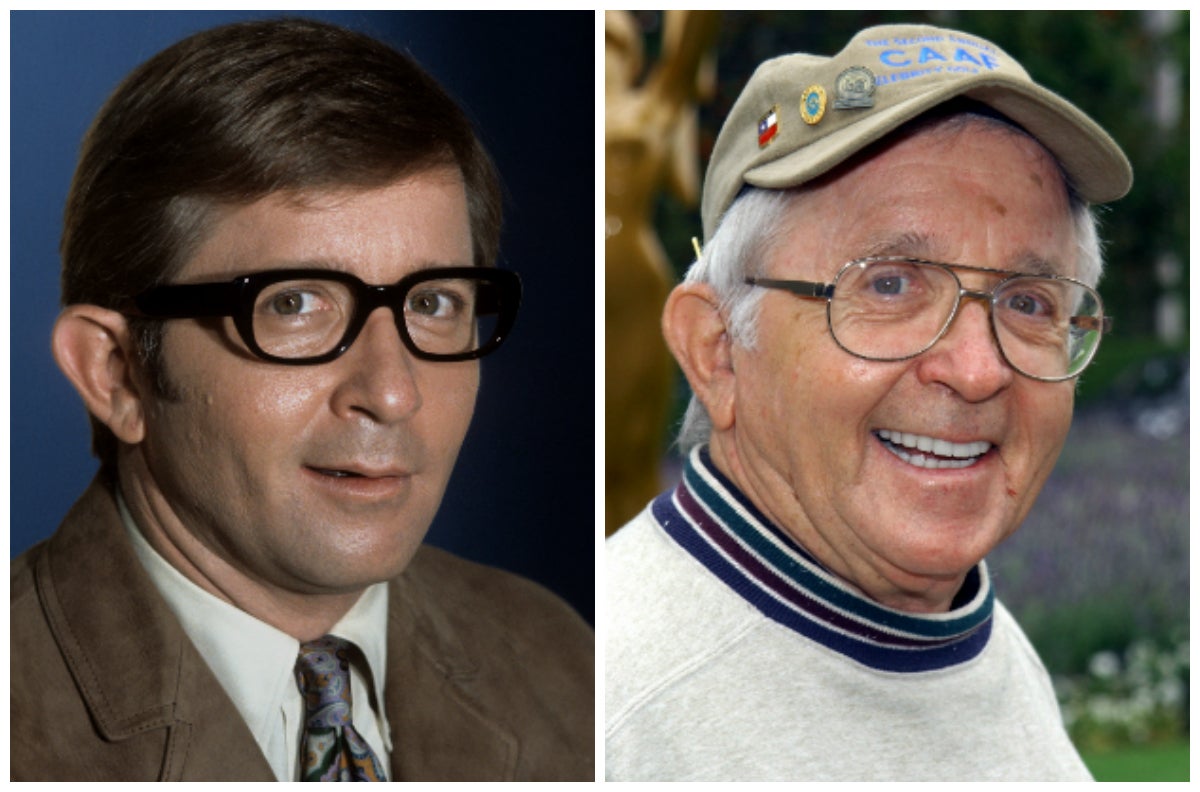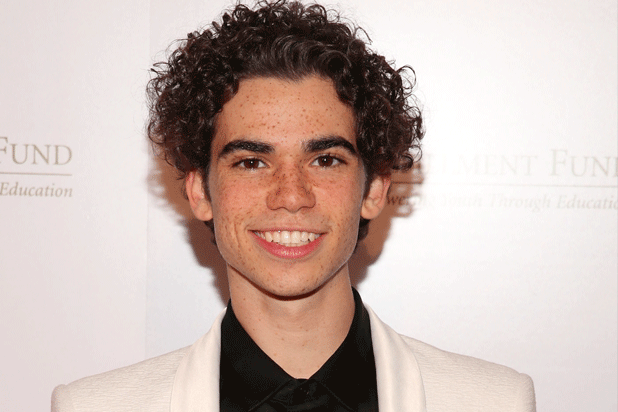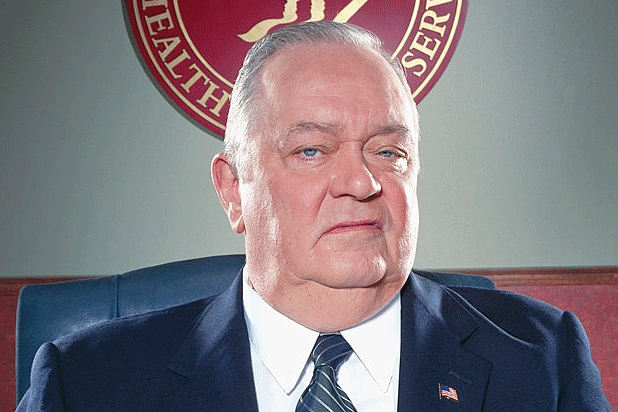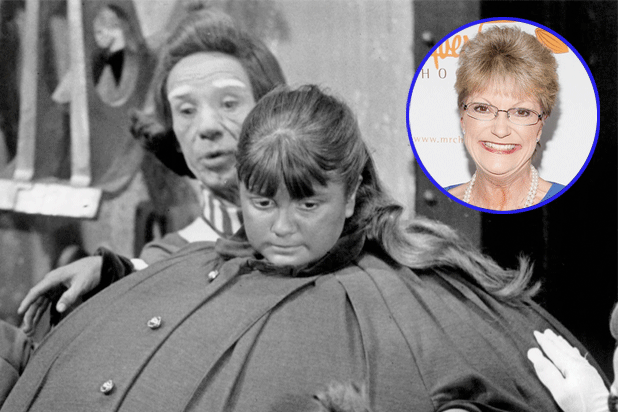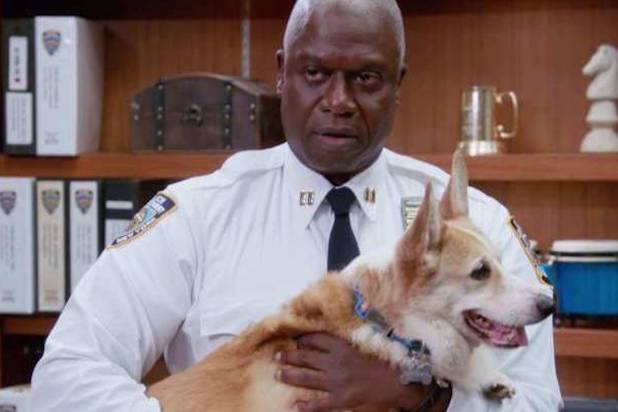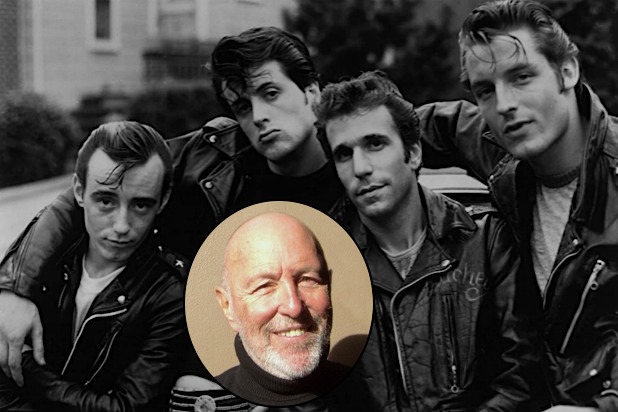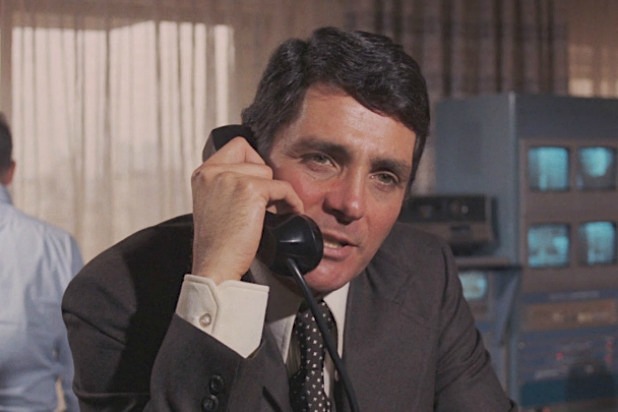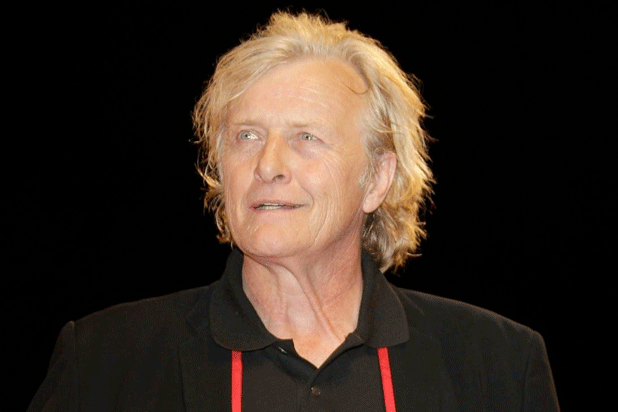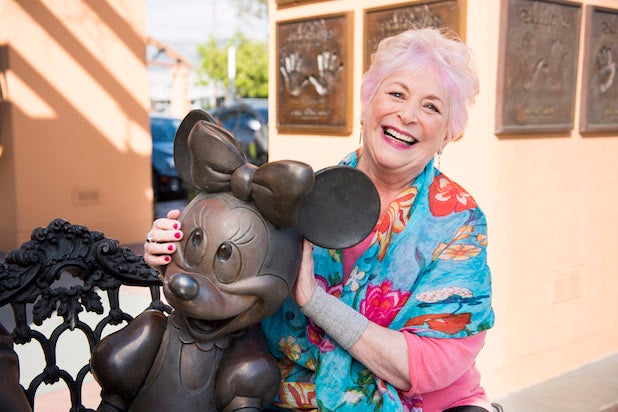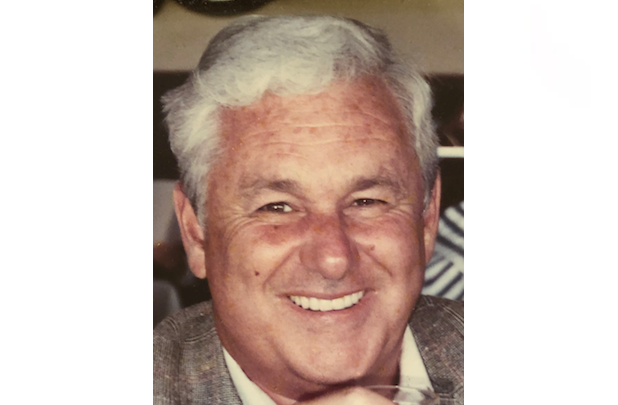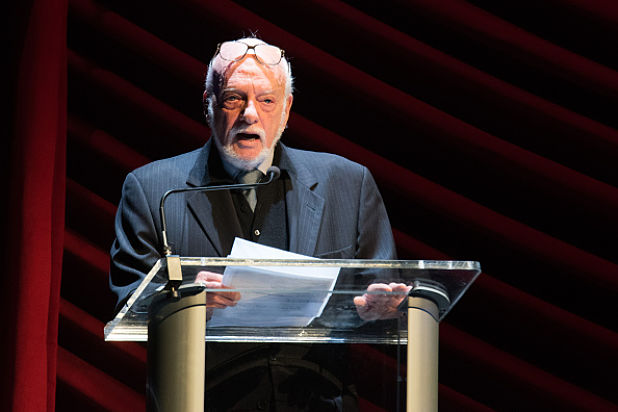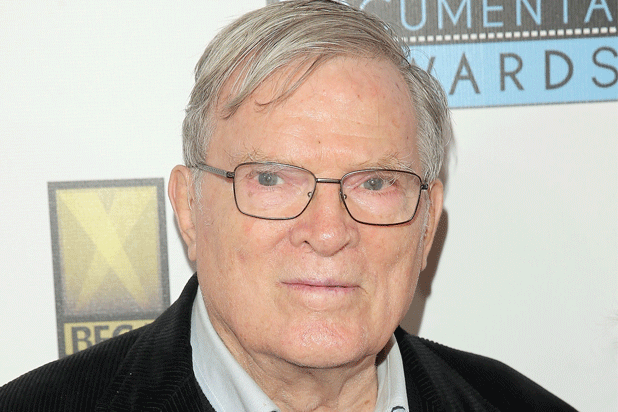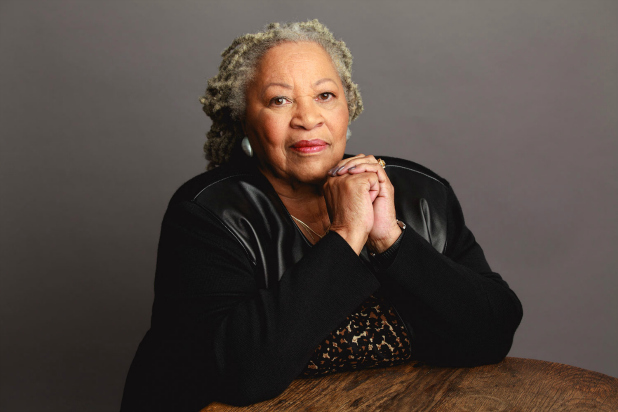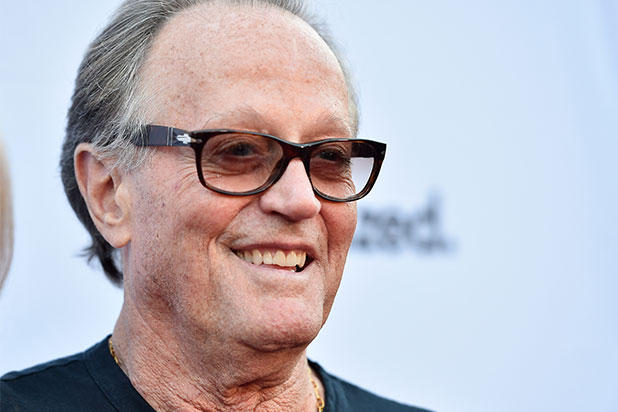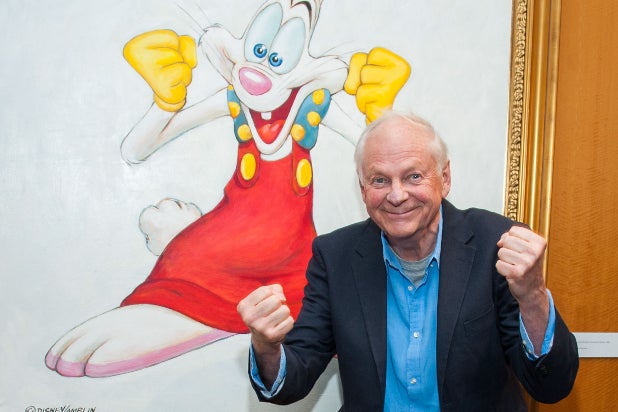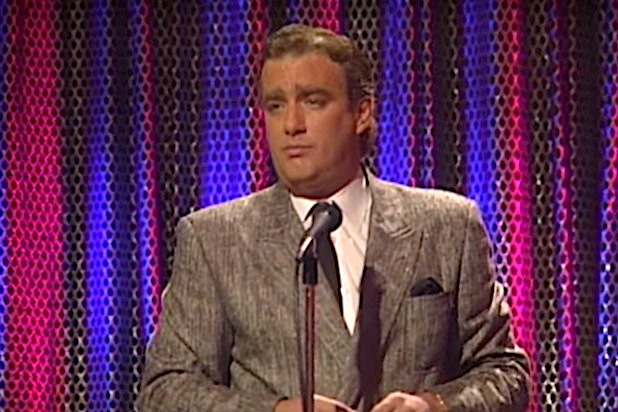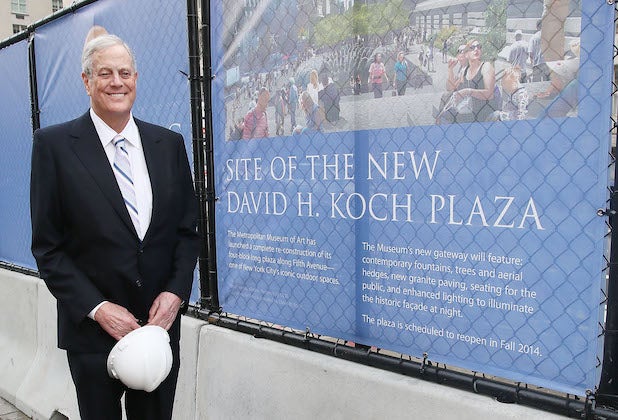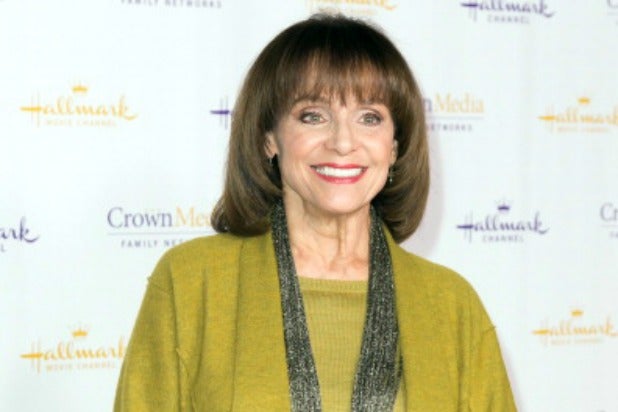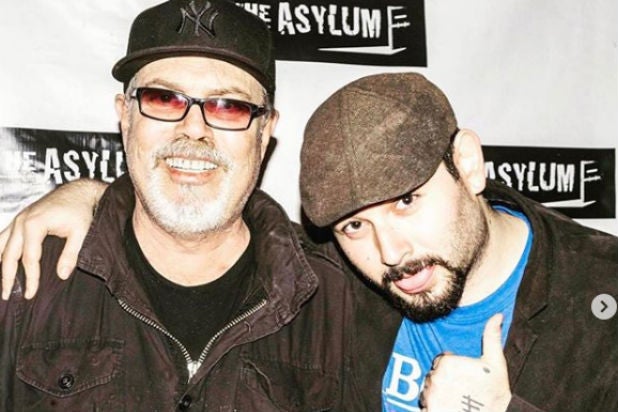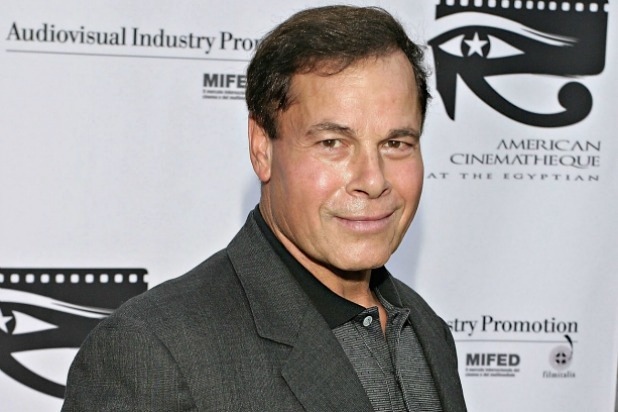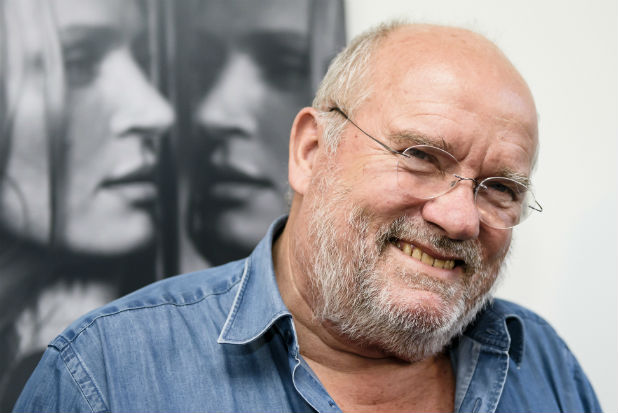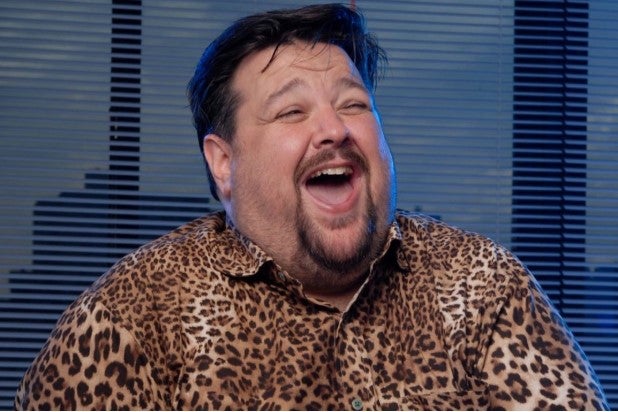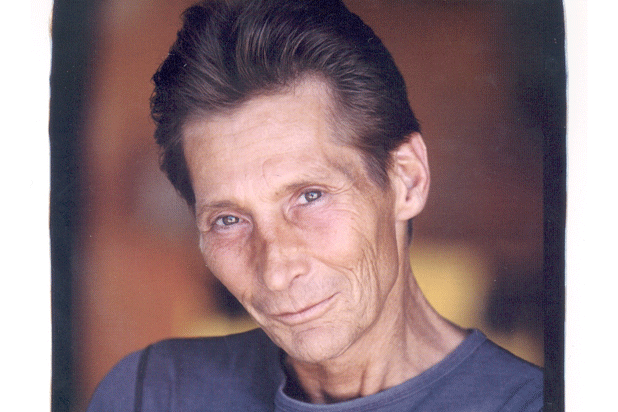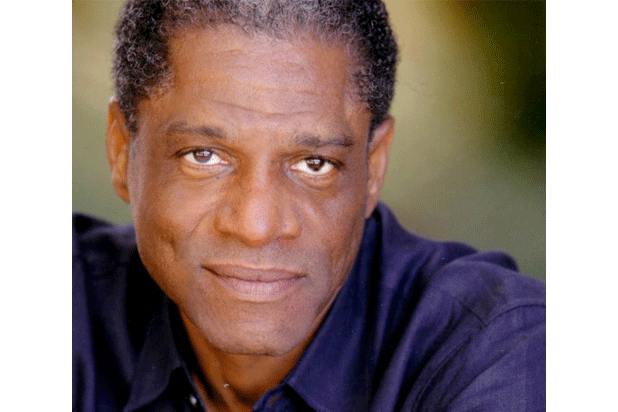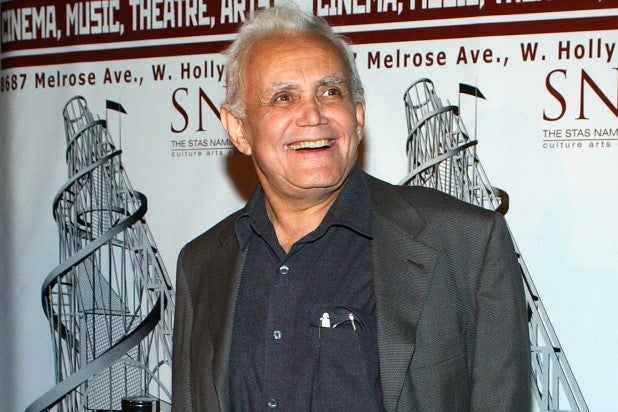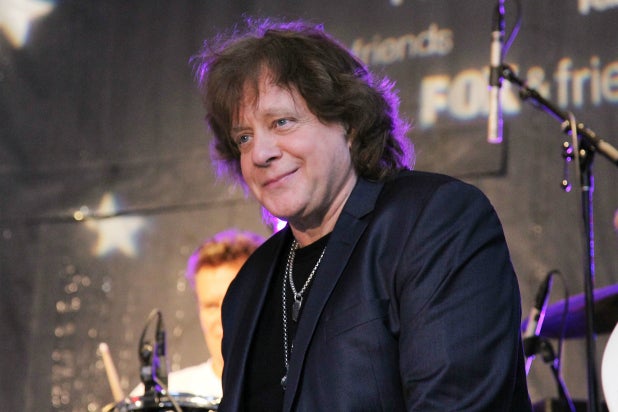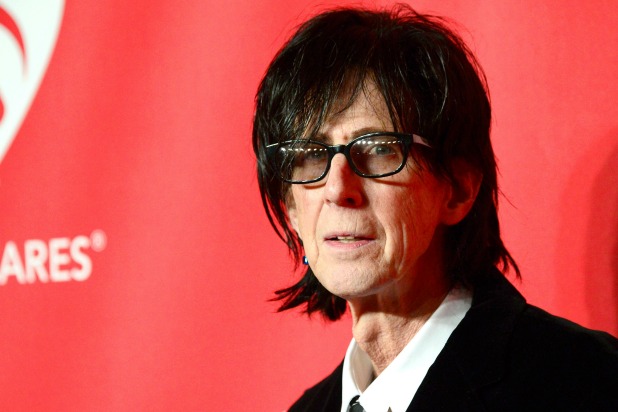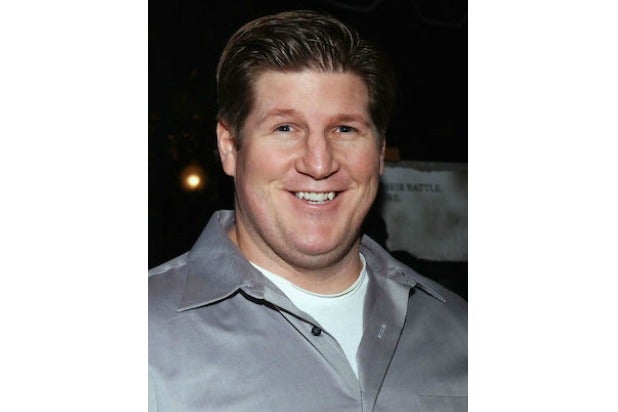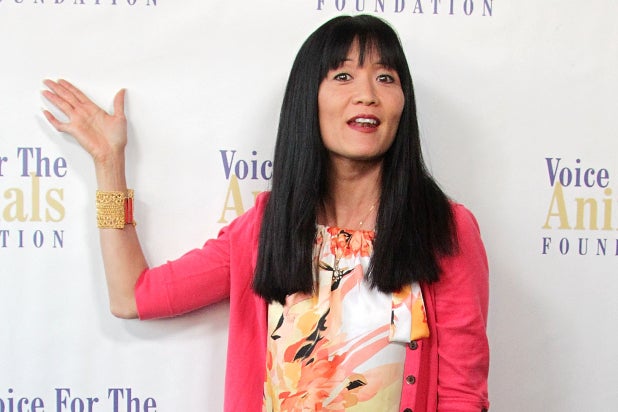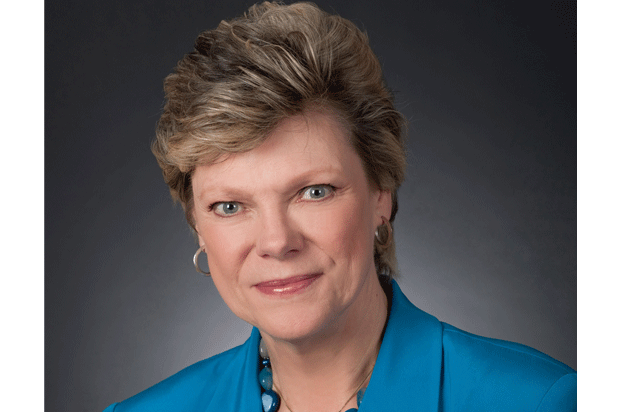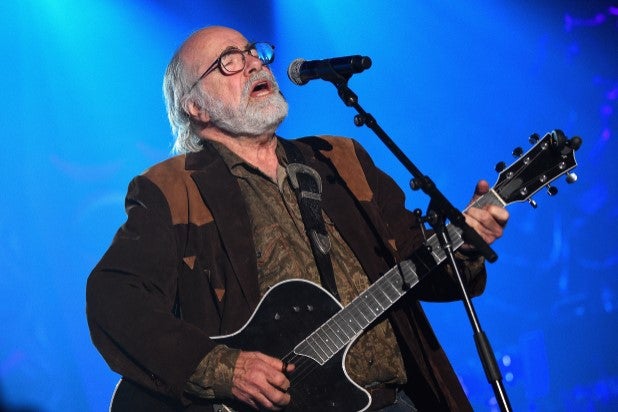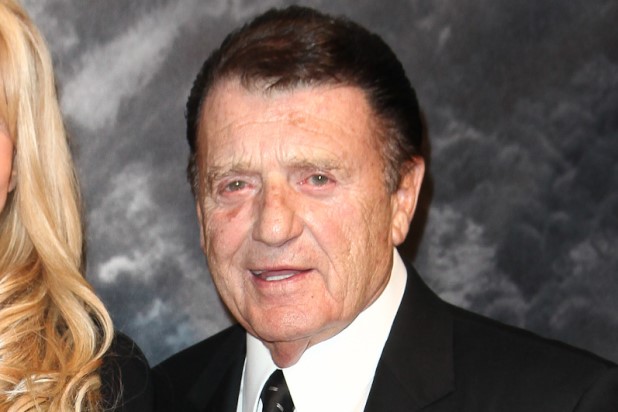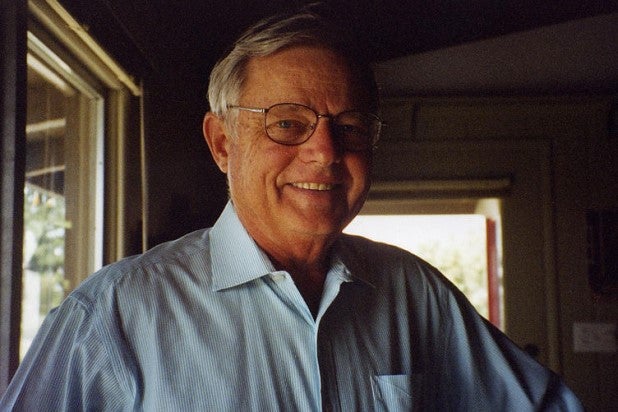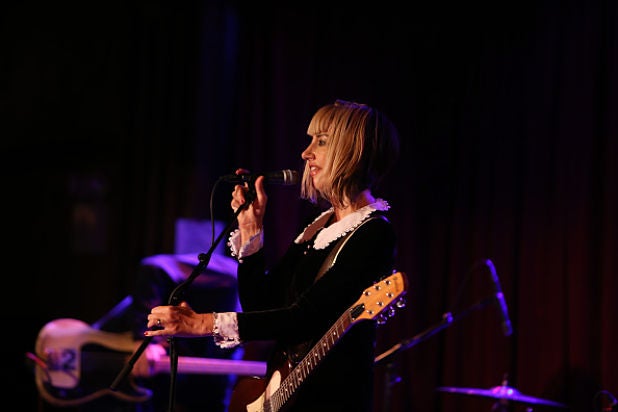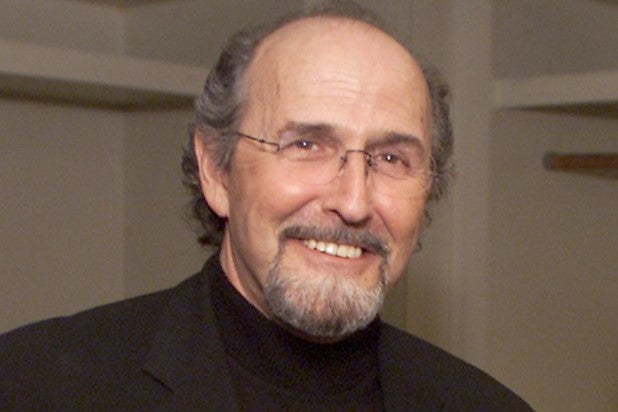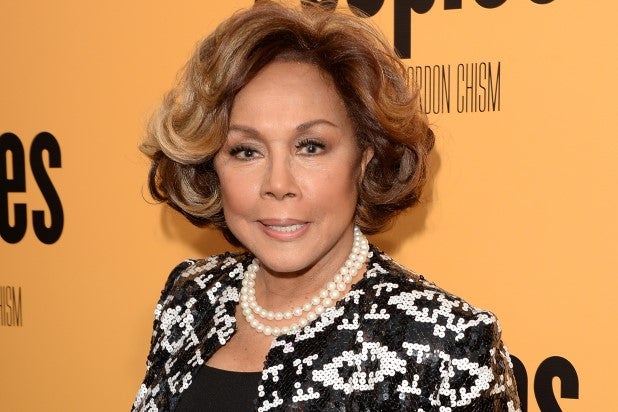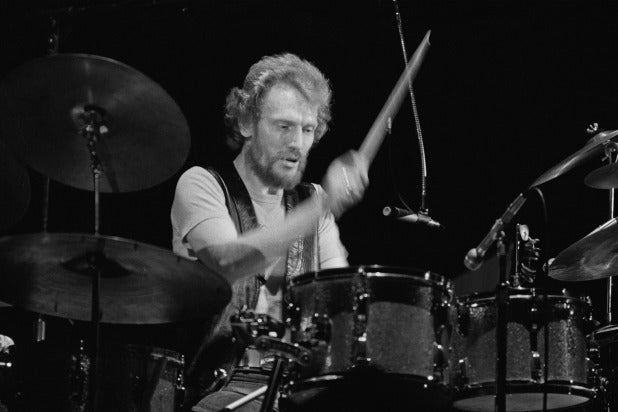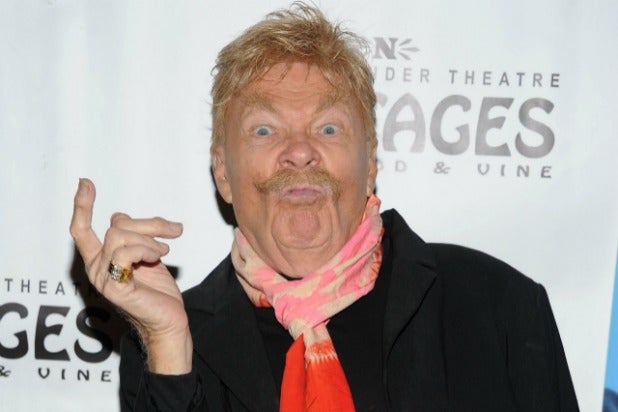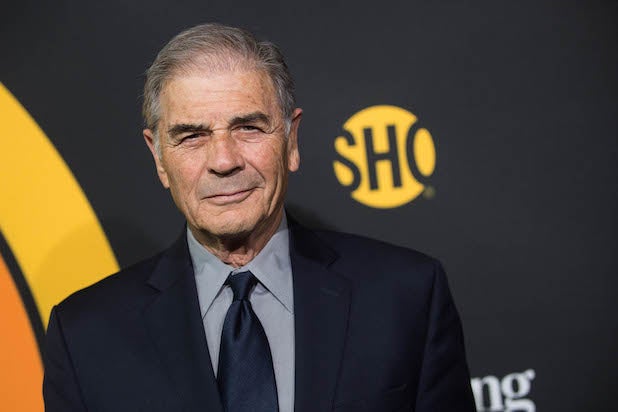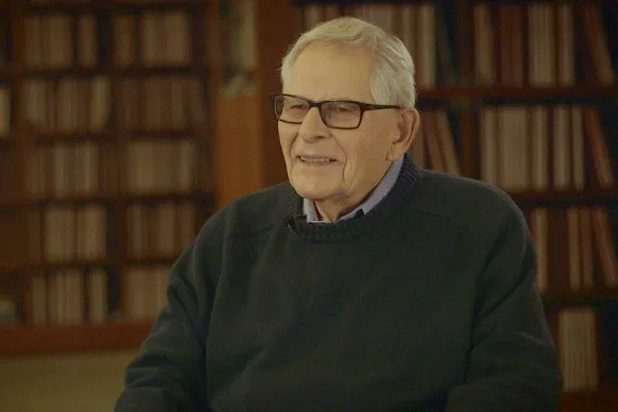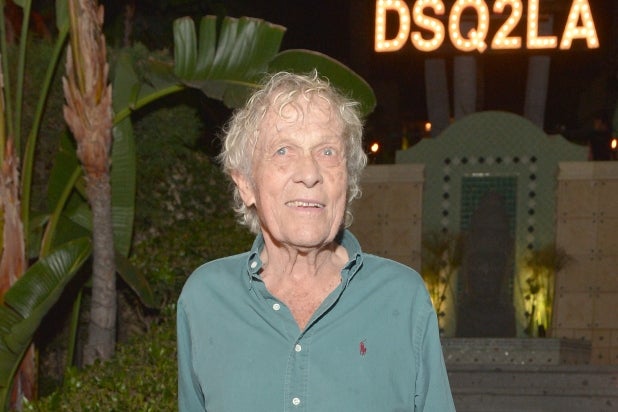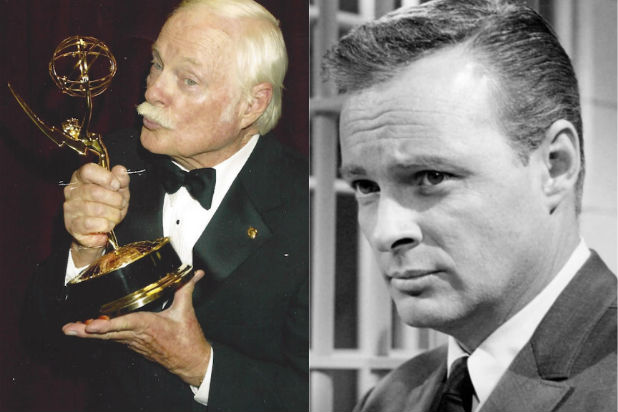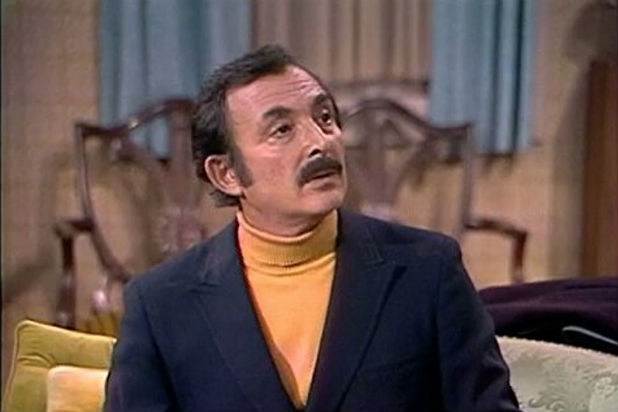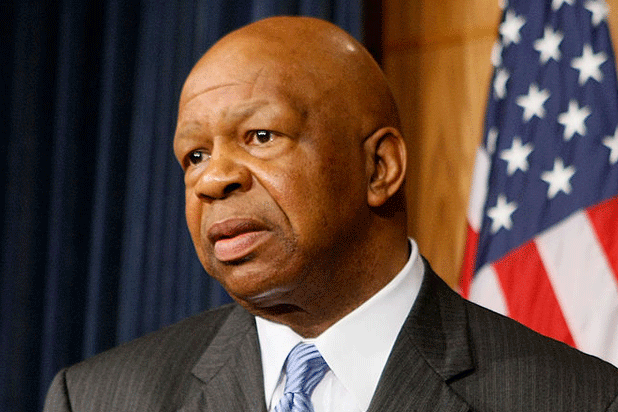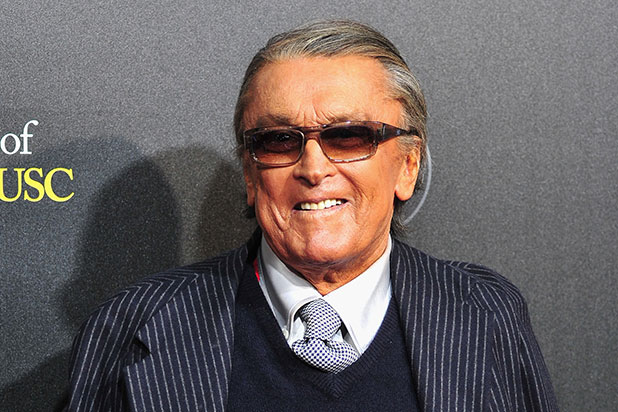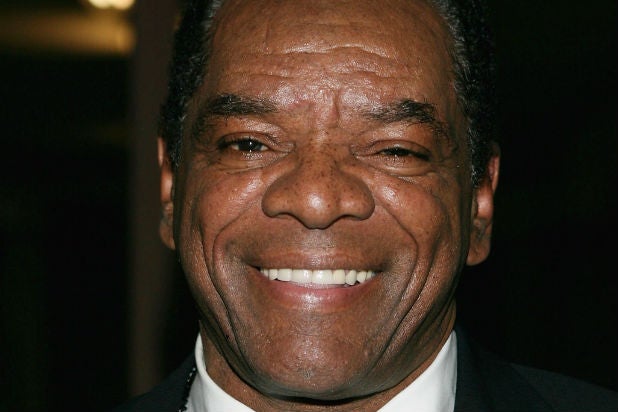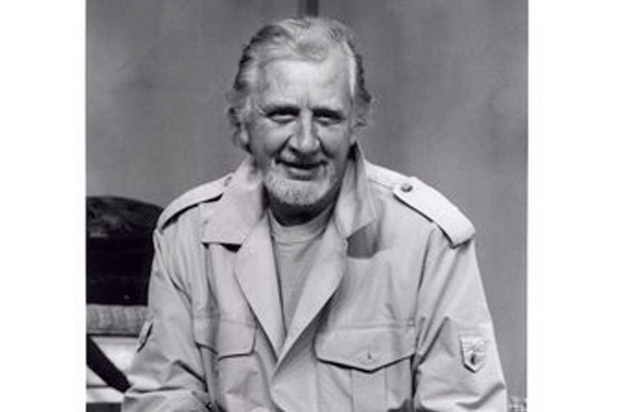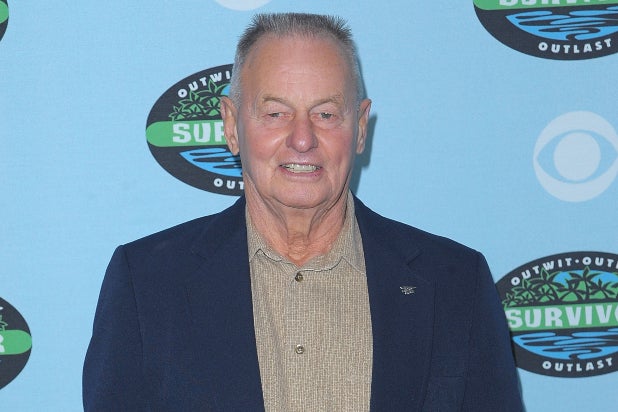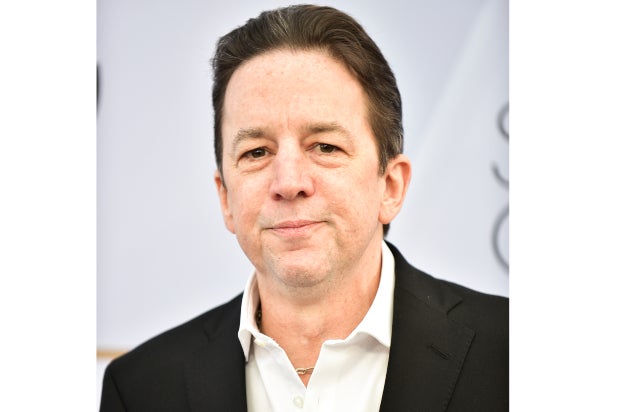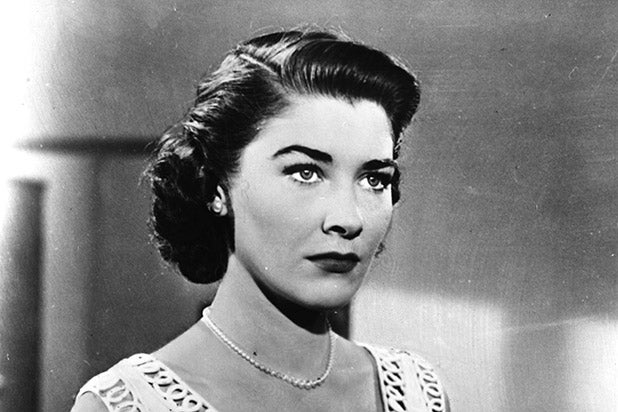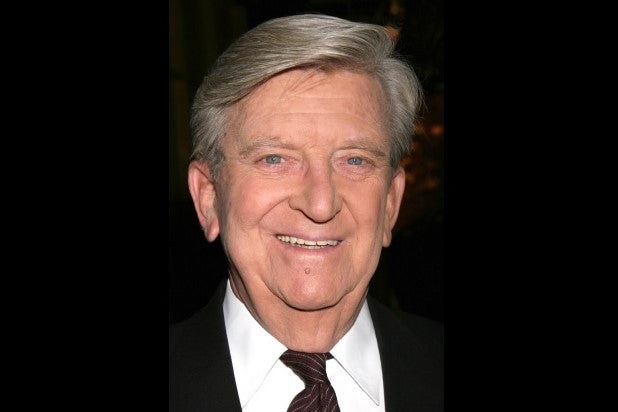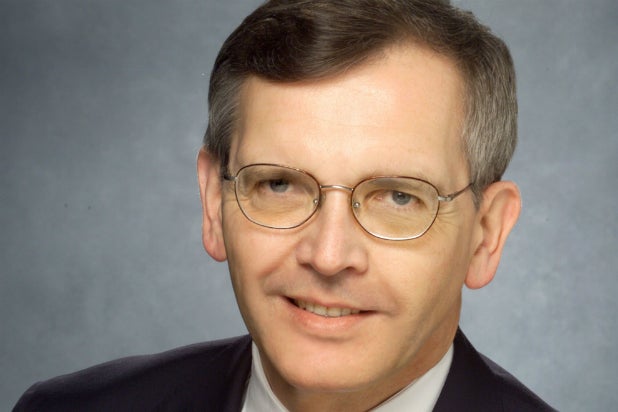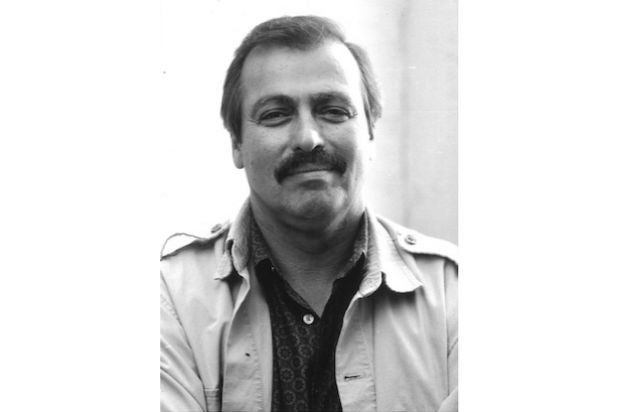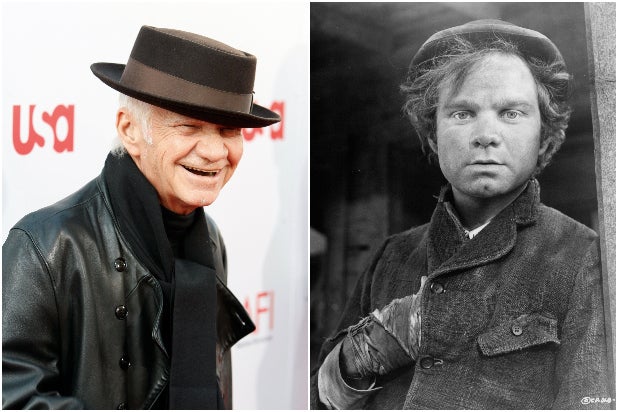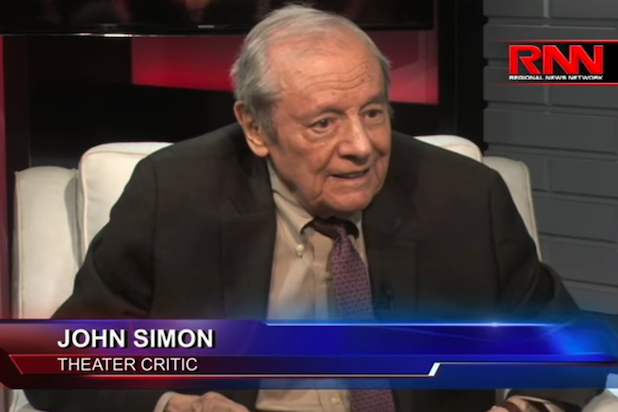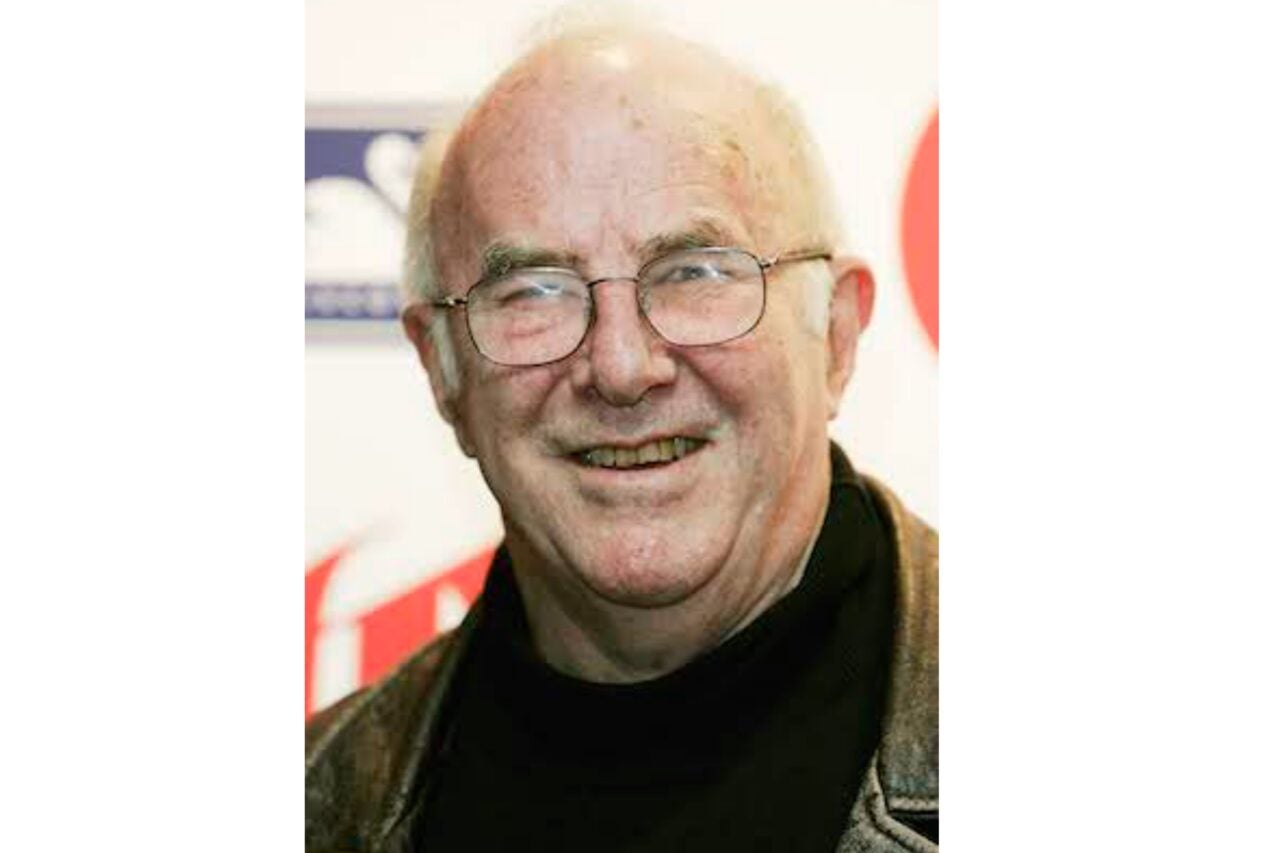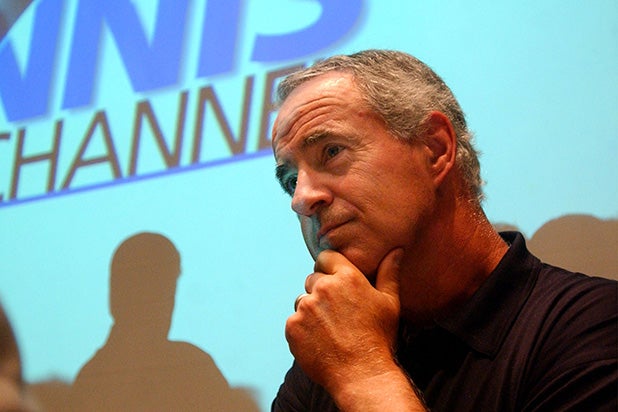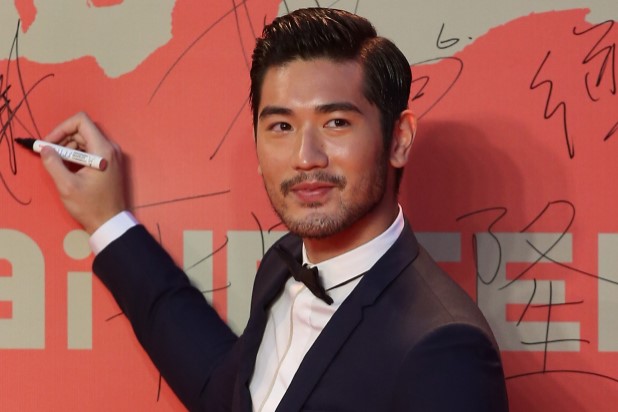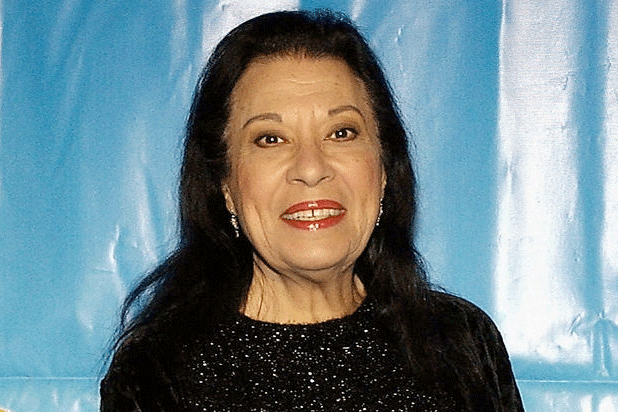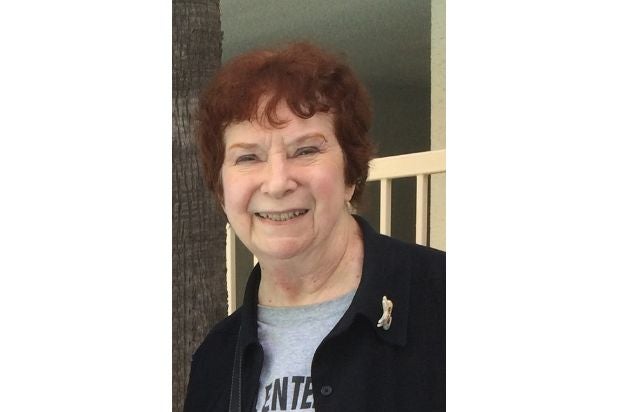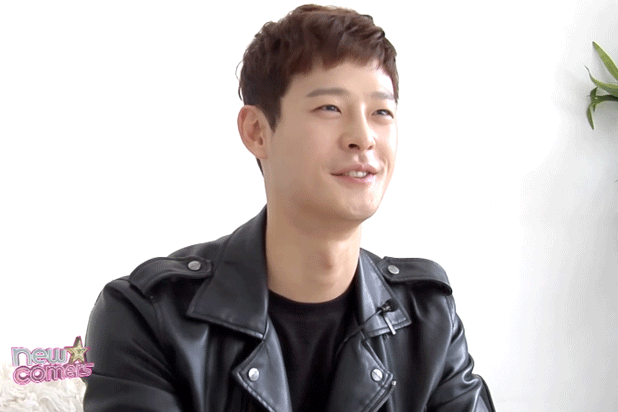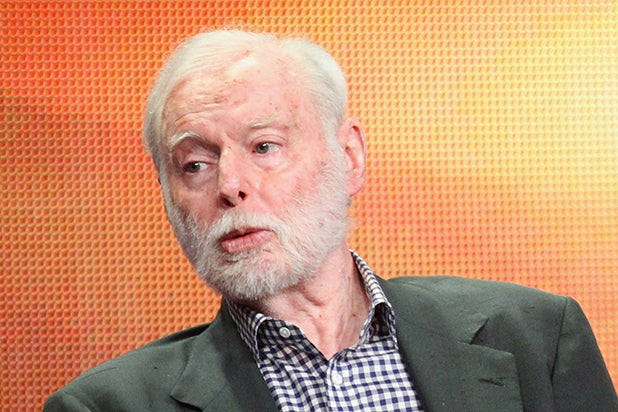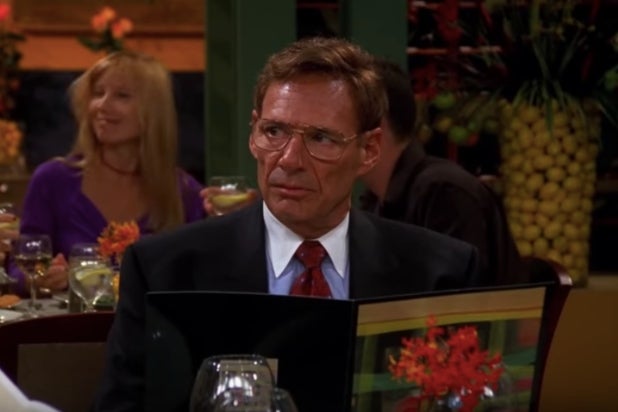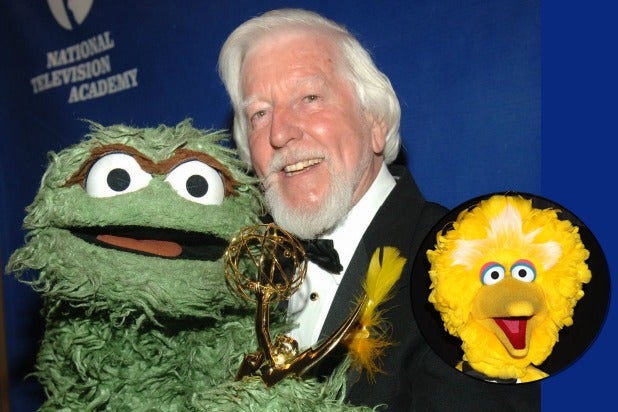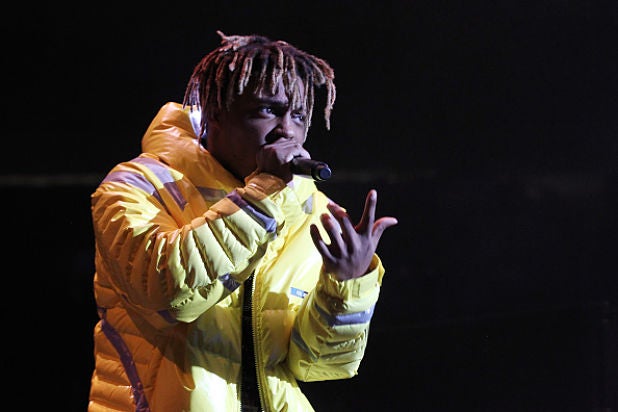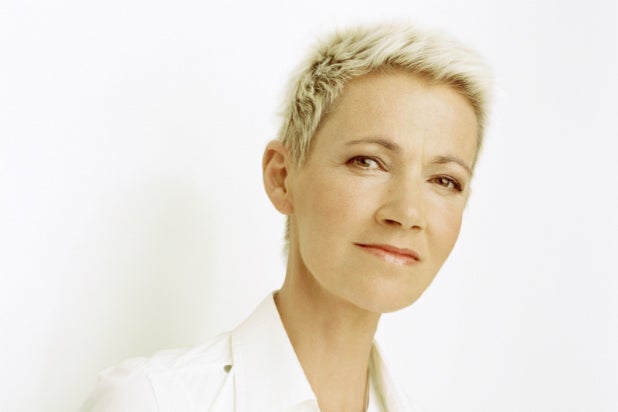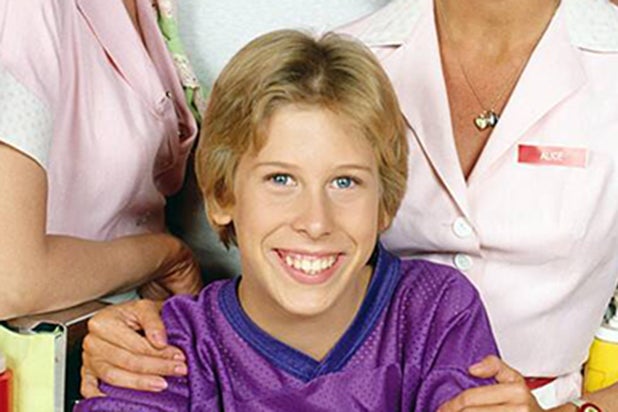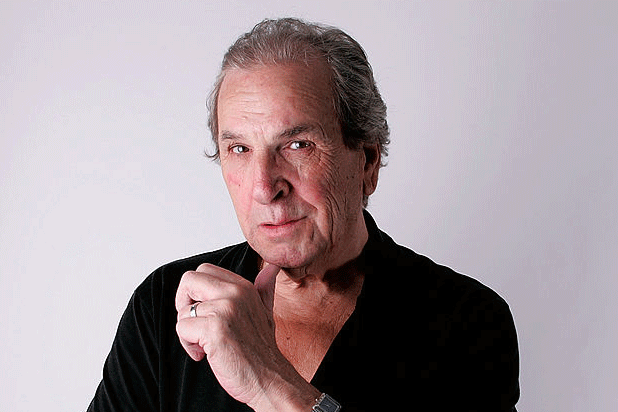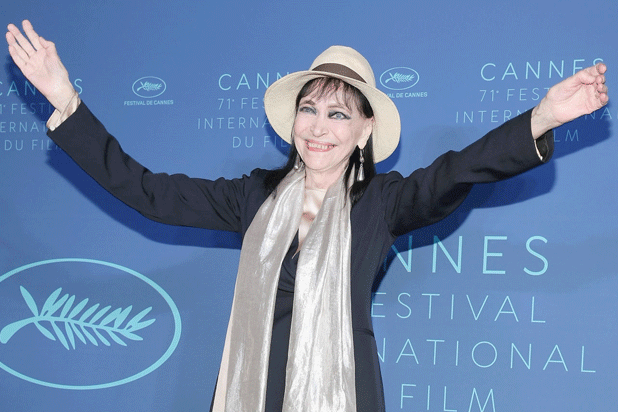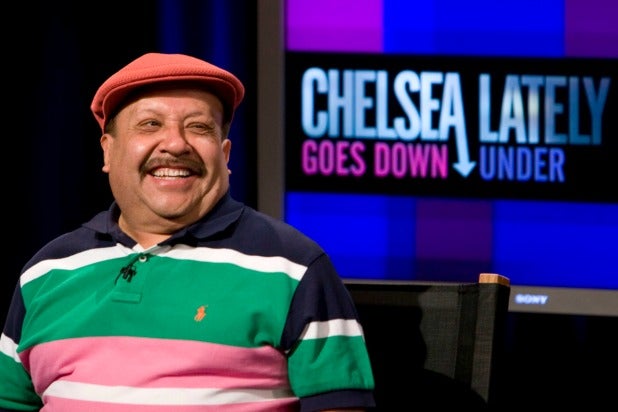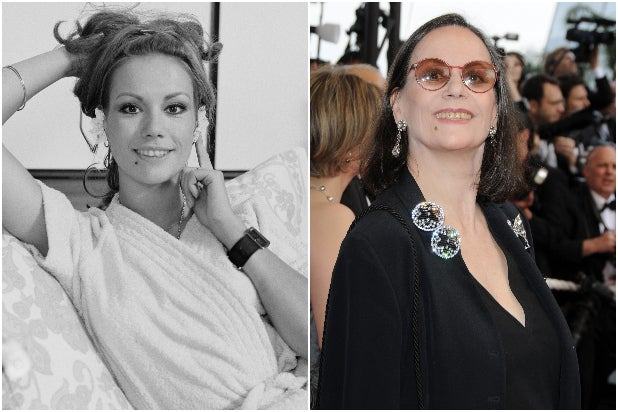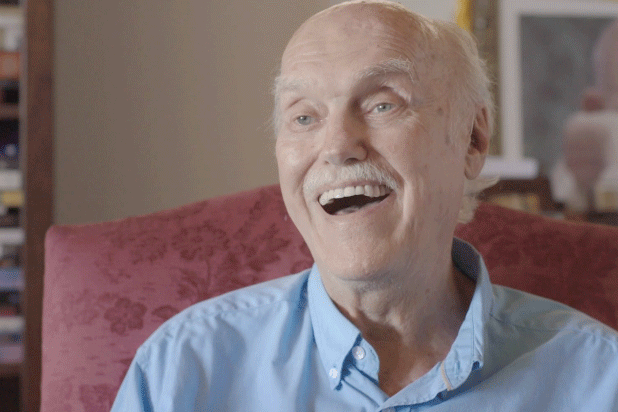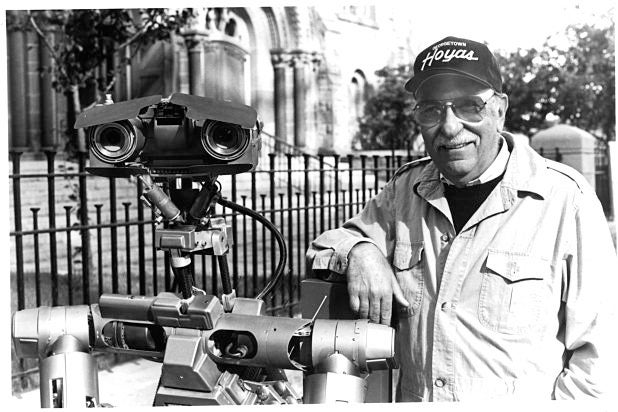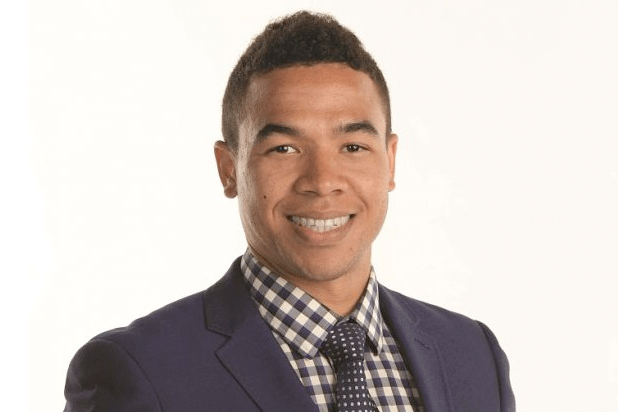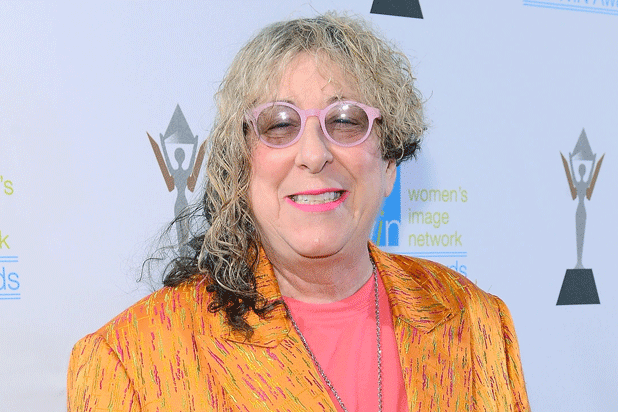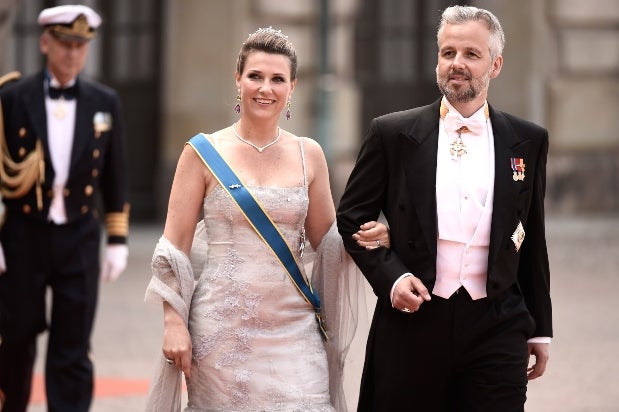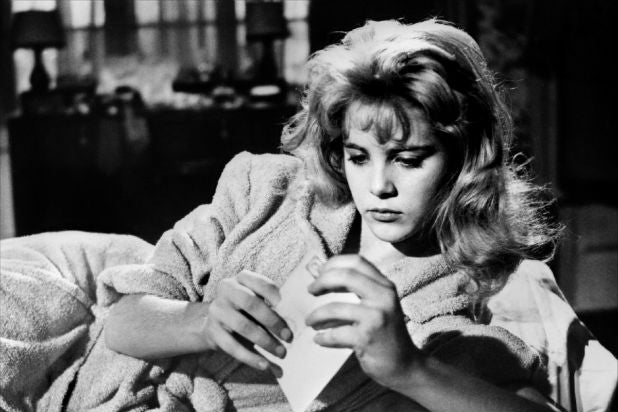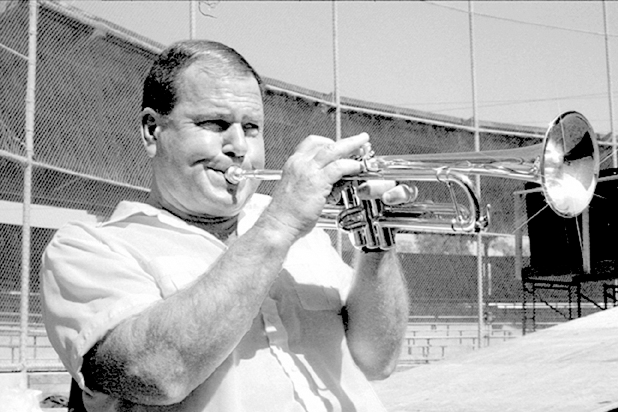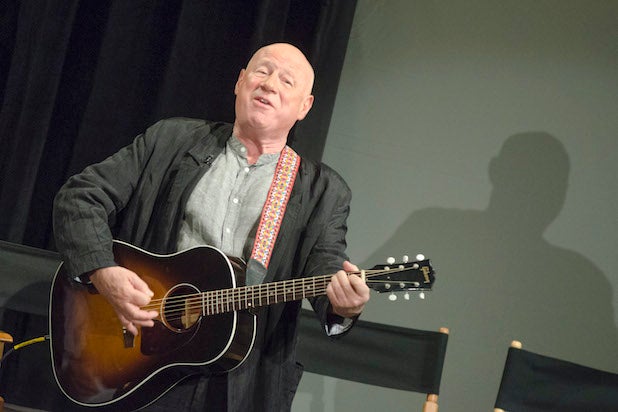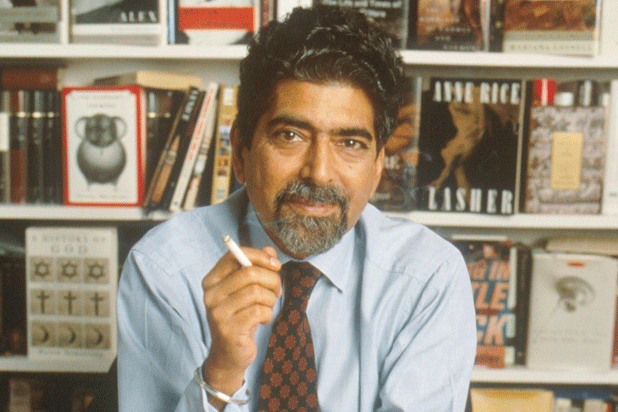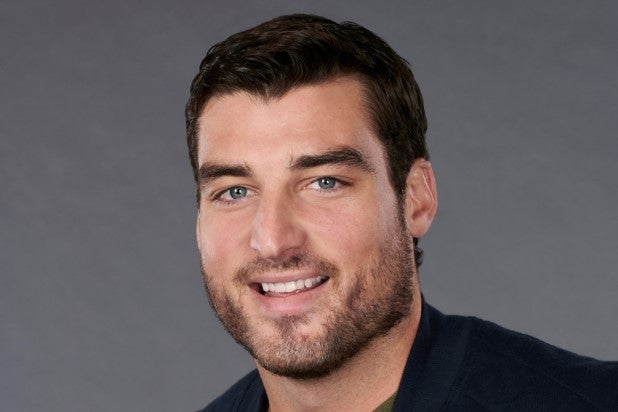Koch Brothers Funny or Die Health Care Battle
David H. Koch, the billionaire industrialist and philanthropist whose family empire has wielded significant political influence in conservative circles, has died after a long battle with prostate cancer. He was 79.
"It is with a heavy heart that I announce the passing of my brother David," his older brother, Charles Koch, said in a statement on Friday. "Anyone who worked with David surely experienced his giant personality and passion for life. Twenty-seven years ago, David was diagnosed with advanced prostate cancer and given a grim prognosis of a few years to live. David liked to say that a combination of brilliant doctors, state-of-the-art medications and his own stubbornness kept the cancer at bay. We can all be grateful that it did, because he was able to touch so many more lives as a result."
David Koch accumulated much of his wealth through the fossil-fuel industry. Along with his older brother, David oversaw the family's Kansas-based, multinational corporation Koch Industries, which is primarily made up of subsidiaries that manufacture oil, petroleum, natural gas, and other fossil fuels. It is the second-largest privately owned company in the U.S., just behind Minnesota's agricultural company Cargill.
Also Read: Will Koch Brothers Really Stay on Sidelines After Meredith Acquires Time Inc?
David joined Koch Industries in 1970 and, in 1979, became president of the Koch Engineering subsidiary. During that time, he and Charles — commonly referred to as the "Koch brothers" — became the co-owners of Koch Industries in 1983. David served as the executive vice president up until last year, when he retired from the company and all other Koch-related businesses due to health issues.
The Koch brothers have been the subject of many critical biographies and reporting for their conservative political influence. Most recently, a new book by the reporter Christopher Leonard, "Kochland: The Secret History of Koch Industries and Corporate Power in America," delves into how the brothers helped to block government action on climate-change policies that would impact profits for their corporation's fossil-fuel manufacturing.
The industrialist's political inclinations were made clear in 1980, when David had an unsuccessful bid for the vice presidency as a Libertarian, running alongside the presidential candidate Ed Clark. (Though conservative on most issues, he took a more libertarian stance on social issues, supporting abortion rights and same-sex marriage.) Four years later, after the Libertarian party proposed eliminating all taxes, Koch became a Republican and would go on to financially support numerous conservative and libertarian campaigns and causes — actions that were often seen as antagonistic to the Obama administration, according to the New Yorker's Jane Mayer.
Also Read: Here Are the World's 10 Richest People, From Jeff Bezos to Charles Koch
"The brothers have funded opposition campaigns against so many Obama Administration policies — from health-care reform to the economic-stimulus program — that, in political circles, their ideological network is known as the Kochtopus," Mayer wrote in 2010.
The brothers' political action committee, KochPAC, has been key in funding numerous Republican campaigns. As of 2010, the PAC donated more than $8 million — the largest contribution from an energy company at that time — to political campaigns, 80 percent of which went to Republicans. And while the brothers publicly opposed Donald Trump's candidacy during the 2016 presidential race, extensive reporting has shown just how well the Kochs — and their conservative advocacy groups — have been able to again influence governmental policies under the Trump administration, including the repeal of the EPA's Clean Power Plan and the U.S.'s withdrawal from the Paris Climate Agreement.
Also Read: Hollywood's Notable Deaths of 2019 (Photos)
David's influence also extended into the media world, where he served as a trustee to the broadcast stations WNET and WGBH. Around 2013, the two brothers considered purchasing daily newspapers under the Tribune Media Company — which would include the Los Angeles Times and the Chicago Tribune — according to a report by Mayer. That same year, a documentary entitled "Citizen Koch," which analyzed how billionaires like the Kochs could influence elections and public policy following a seminal Supreme Court ruling, lost its funding from a PBS distributor over fear about how the brothers would respond, Mayer also reported. (The documentary ultimately was completed following a Kickstarter fundraiser and went on to nab a best documentary nomination at the Oscars.)
Outside of politics, David leveraged his tremendous wealth as a philanthropist. He launched the David H. Koch Charitable Foundation in the 1980s. Gifts include a $100 million grant to renovate Lincoln Center's New York State Theater (now named the David H. Koch Theater), $20 million to New York City's Natural History Museum for the David H. Koch Dinosaur Wing, $20 million to Johns Hopkins University for a cancer research building, and $150 million to the Memorial Sloan Kettering Cancer Center in New York.
David is survived by his wife, Julia, and their three children.
Lindsey Ellefson contributed to this report.
Hollywood's Notable Deaths of 2019 (Photos)
-
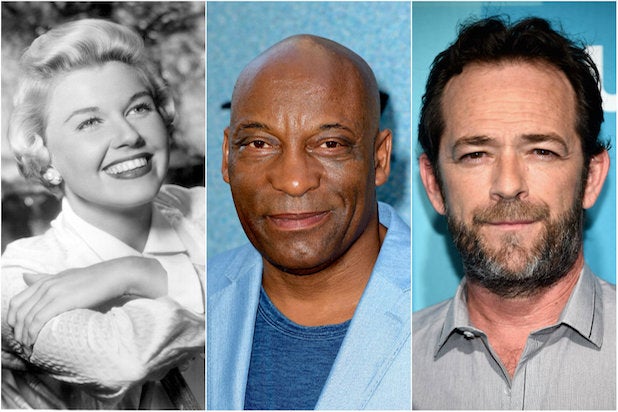
Here's a list of some of the notable celebrities and industry professionals in film, TV, music and sports who have passed away in 2019.
Getty Images -
 Photo: Kenneth Dolin / IMDb
Photo: Kenneth Dolin / IMDbJoe Stapleton
The New England broadcaster who appeared in several Oscar-winning films like "Spotlight" and "Mystic River," died Jan. 1. Stapleton was 55.
-
 Getty Images
Getty ImagesDaryl Dragon
One half of pop duo Captain and Tennille died Jan. 2 of renal failure, according to Reuters. He was 76.
-
 WWE.com
WWE.comGene Okurland
The famed WWE announcer, who frequently interviewed the likes of Hulk Hogan and Andre the Giant at their peak, died Jan. 2. Okurland was 76.
-
 Getty Images
Getty ImagesBob Einstein
The "Curb Your Enthusiasm" and "Arrested Development" actor (and brother of actor-filmmaker Albert Brooks) died Jan. 2. Einstein was 76.
-
 Getty Images
Getty ImagesVerna Bloom
The "Animal House" and "The Last Temptation of Christ" actress died Jan. 9. A family spokesperson told USA Today that Bloom died from complications from dementia. Bloom was 80.
-
 Getty Images
Getty ImagesMark Urman
The veteran indie film distributer, who was most recently president and CEO of New York-based Paladin Films, died Jan. 12 following a bout with cancer. He was 66.
-
 Photo: Allen Warren
Photo: Allen WarrenCarol Channing
The legendary Broadway and musical actress ("Hello Dolly," "Gentlemen Prefer Blondes") died Jan. 15. Channing was 97.
-
 Getty Images
Getty ImagesLorna Doom
The German bassist and founding member of the seminal Los Angeles-based punk band The Germs, died Jan. 17. She was 61.
-
 Getty Images
Getty ImagesJohn Coughlin
The former champion figure skater died by suicide on Jan. 18. The news came days after Coughlin was suspended from the sport over a pending grievance. He was 33.
-
 Rambo: Yoni S.Hamenahem; Vajna: Getty Images
Rambo: Yoni S.Hamenahem; Vajna: Getty ImagesAndy Vajna
The Hungarian producer who worked with Arnold Schwarzenegger and Sylvester Stallone on some of their most popular films, including "Rambo" and "Total Recall," died at his home in Budapest on Jan. 20. He was 74.
-
 PBS
PBSRussell Baker
A two-time Pulitzer-winning writer and longtime host of PBS' "Masterpiece Theatre," Baker died Jan. 21 in his Lessburg, Virginia, home. Baker was 93.
-
 Getty Images
Getty ImagesJames Frawley
The director of "The Muppet Movie" and the show "The Monkees," died on Jan. 22 at his home in Indian Wells, California. He was 82.
-
 Getty Images
Getty ImagesKevin Barnett
The comic and co-creator of "Rel," the Lil' Rel Howery-led sitcom on Fox, died Jan. 22 due to a hemorrhage. Barnett was 32.
-
 Getty Images
Getty ImagesMichel Legrand
The French composer who won three Oscars for his songs ("The Windmills of Your Mind") and film scores ("Summer of '42," "Yentl") died Jan. 26. Legrand was 86.
-
 Getty Images
Getty ImagesJames Ingram
The singer and songwriter whose hits included "I Don't Have the Heart," died Jan. 29. According to TMZ, Ingram died following a battle with brain cancer. He was 66.
-
 Lozzi Media Services
Lozzi Media ServicesLouisa Moritz
The "One Flew Over the Cuckoo's Nest" actress who was one of the numerous women who accused comedian Bill Cosby of sexual misconduct, died of natural causes on Jan. 30. Moritz was 72.
-
 Animal Planet
Animal PlanetNeal James
"The Banjo Man" on Animal Planet's "Call of the Wildman," died on Feb. 1 in Kentucky. He was 55.
-
 Getty Images
Getty ImagesJulie Adams
The actress known for playing the damsel in distress in the 1954 monster movie "Creature From the Black Lagoon," died Feb. 3. She was 92.
-
 Alberto E. Rodriguez/Getty Images
Alberto E. Rodriguez/Getty ImagesKristoff St. John
The actor who played the character Neil Winters on the CBS daytime soap opera "The Young and the Restless" since 1991, died on Feb. 3. He was 52.
-
 Mondadori Publishers
Mondadori PublishersAlbert Finney
The British Oscar-nominated actor who starred in "Tom Jones," "Erin Brockovich" and the "Bourne" movies, died on Feb. 8. He was 82.
-
 Getty Images
Getty ImagesRon Miller
The former president and CEO of The Walt Disney Company and son-in-law of company founder Walt Disney, died on Feb. 9. He was age 85.
-
 Photo by American International Pictures/Getty Images
Photo by American International Pictures/Getty ImagesJan-Michael Vincent
The actor, who starred in the TV series "Airwolf" and movies like "The Mechanic," died on Feb. 10 at the age of 74 in North Carolina. According to CBS, the actor died of cardiac arrest.
-
 WWE.com
WWE.comPedro Morales
The WWE announced on Feb. 12 that the company's first-ever "Triple Crown" Champion died. The Puerto Rico native was 76.
-
 Getty Images
Getty ImagesBruno Ganz
The Swiss actor whose work ranged from "Wings of Desire" to the much-memed "Downfall," died on Feb. 15. He was 77
-
 Getty Images
Getty ImagesKarl Lagerfeld
The legendary fashion designer who served as longtime creative director of major brands such as Chanel and Fendi died on Feb. 19. He was 85
-
 Getty Images
Getty ImagesStanley Donen
The director of classic musical films like "On the Town" and "Singin' in the Rain," died on Feb. 23. He was 94.
-
 Getty Images
Getty ImagesKatherine Helmond
The character actress who rose to fame in the 1970s and '80s with roles on the sitcoms "Soap" and "Who's the Boss?" and appeared in such films as Terry Gilliam's "Brazil," died on Feb. 23 at age 89.
-
 CBS/Public Domain
CBS/Public DomainBeverley Owen
The actress who played the original Marilyn Munster on the iconic 1960s sitcom "The Munsters," died on Feb. 24. She was 81.
-
 Getty Images
Getty ImagesLisa Sheridan
The actress who appeared on a numerous top TV shows including "Halt and Catch Fire," "CSI: Crime Scene Investigation" and "Invasion," died on Feb. 25. She was 44.
-
 Getty Images
Getty ImagesMark Hollis
The lead singer for the 1980s rock band Talk Talk died on Feb. 26. He was 64.
-
 Courtesy of Edward Lozzi
Courtesy of Edward LozziJeraldine Saunders
The creator of the iconic ABC series "The Love Boat" died on Feb. 26. She was 96.
-
 Getty Images
Getty ImagesAndré Previn
The German-American, Oscar-winning musician and composer who worked on the music for 1965's Best Picture winner "My Fair Lady," died on Feb. 28. He was 89.
-
 Getty Images
Getty ImagesAndrew Berends
The documentary filmmaker who worked as a cameraman on the Oscar-winning doc "Free Solo" died on March 3. He was 46.
-
 Getty Images
Getty ImagesKeith Flint
The lead singer of the pioneering 1990s British electronica band The Prodigy, was found dead on March 4. He was 49
-
 Getty Images
Getty ImagesLuke Perry
The "Beverly Hills 90210" and "Riverdale" actor died on March 5 after suffering a stroke. He was 52.
-
 WWE.com
WWE.comKing Kong Bundy
The wrestling legend whose real name was Christopher Alan Pallies died on March 5. He was 61.
-
 Getty Images
Getty ImagesSidney Sheinberg
The longtime president and chief operating officer of MCA and Universal Studios who is also credited with discovering and nurturing the career of Stephen Spielberg, died on March 7. He was 84.
-
 NBC
NBCJed Allan
Soap opera veteran Jed Allan, best known for playing Don Craig on "Days of Our Lives," C.C. Capwell on "Santa Barbara" and Rush Sanders on "Beverly Hills, 90210," died on March 9. He was 84.
-
 NBC
NBCRichard Erdman
Known by millennials for his work on "Community" as Greendale's smart-alecky Leonard Rodriguez died Saturday, March 13. He was 93.
-
 CBS
CBSJim Raman
Dr. James "Jim" Raman, an orthodontist who competed on Season 25 contestant of CBS' "The Amazing Race," died Monday, March 15. He was 42.
-
 Getty Images
Getty ImagesMichael Lynne
The Hollywood producer who helped transform New Line Cinema into a powerhouse and served as an executive producer on Peter Jackson's "Lord of the Rings" trilogy, died Sunday, March 21. He was 77.
-
 Getty Images
Getty ImagesAgnes Varda
The pioneering French film director who emerged in the New Wave movement of the 1960s and continued to direct influential work including 2017's Oscar-nominated documentary "Faces Places," died Thursday, March 28. She was 90.
-
 Warner Bros.
Warner Bros.Shane Rimmer
The Canadian actor known for his leading voice role as a pilot on the series "Thunderbirds" and appeared in multiple James Bond movies, died Friday, March 29. He was 89.
-
 Getty Images
Getty ImagesNipsey Hussle
The Grammy-nominated rapper who appeared in Bone Thugs-N-Harmony's semi-autobiographical film "I Tried," died Sunday, March 31. He was 33.
-
 Getty Images
Getty ImagesTania Mallet
The actress who played Tilly Masterson in the 1964 James Bond movie "Goldfinger," died in late March. She was 77.
-
 Getty Images
Getty ImagesNadja Regin
The actress who starred in two James Bond films opposite Sean Connery, died at age 87.
-
 Getty Images
Getty ImagesSeymour Cassel
The Academy Award-nominated actor who regularly collaborated with Wes Anderson and John Cassavetes died Sunday, April 7. He was 84.
-
 Getty Images
Getty ImagesCharles Van Doren
The disgraced '50s-era quiz show contestant who was found to have received the answers in advance, died Tuesday, April 9. He was 93.
-
 CNN
CNNSoni Methu
The Kenyan journalist and the former host of CNN's show "Inside Africa," died on Thursday, April 11. She was 34.
-
 Nationaal Archief Fotocollectie Anefo
Nationaal Archief Fotocollectie AnefoBibi Andersson
The Swedish actress, known for her roles in "The Seventh Seal" and "Persona," died on Sunday, April 14. She was 83.
-
 Getty Images
Getty ImagesGeorgia Engel
The actress who starred as Georgette Franklin on the "Mary Tyler Moore Show" between 1972 and 1977, died Friday, April 12 at the age of 70,
-
 Sony Pictures Releasing
Sony Pictures ReleasingBradley Welsh
The former boxer who made his acting debut in 2017 in Danny Boyle's "T2 Trainspotting," died Wednesday, April 17. He was 42.
-
 Getty Images
Getty ImagesChet Coppock
The Chicago-based sports broadcaster known locally as "The Godfather of Sports" in the 1980s, died Wednesday, April 17. He was 70.
-
 Getty Images
Getty ImagesLorraine Warren
The famed investigator of paranormal activity who researched the "Amityville Horror" hauntings and was the subject of James Wan's film "The Conjuring," died Thursday, April 18. She was 92.
-
 Photo by Christian Alminana/Getty Images
Photo by Christian Alminana/Getty ImagesSteve Golin
The Oscar-winning film and TV producer of "Spotlight" and founder-CEO of Anonymous Content, died after a battle with cancer Sunday, April 21.
-
 Getty Images
Getty ImagesTerry Rawlings
The British film and sound editor who was an Oscar nominee for his work on Best Picture winner "Chariots of Fire" died Tuesday, April 23.
-
 Getty IMages
Getty IMagesStefanie Sherk
The Canadian model and actress known for work on "CSI: Cyber" and in the rom-com "Valentine's Day," died Saturday, April 20. She was 43.
-
 Getty Images
Getty ImagesJohn Singleton
The Oscar-nominated director of "Boyz N the Hood," the 2000 remake of "Shaft" and "2 Fast 2 Furious," died Monday, April 29. He was 51.
-
 Getty/Lucasfilm
Getty/LucasfilmPeter Mayhew
The 7-foot-2-inch tall actor who portrayed Chewbacca in five "Star Wars" films, died Tuesday, April 30. He was 74.
-
 Courtesy of Pam Williams
Courtesy of Pam WilliamsAlvin Sargent
The storied screenwriter best known for his Academy Award-winning script for "Ordinary People" and his Oscar-nominated "Paper Moon," died Thursday, May 9. He was 92.
-
 Getty Images
Getty ImagesPeggy Lipton
The star of the iconic TV series "The Mod Squad" and part of the ensemble cast of "Twin Peaks" has died at age 72, her daughters Rashida and Kidada Jones told the Los Angeles Times on May 11.
-
 20th Century Fox
20th Century FoxDoris Day
The actress in popular 1950s and '60s movies such as "Pillow Talk," Alfred Hitchcock's "The Man Who Knew Too Much" and "Move Over, Darling" died Monday, May 13. She was 97.
-
 Getty Images
Getty ImagesTim Conway
The Emmy-winning comedian and actor who memorably starred in "McHale's Navy" in the 1960s and "The Carol Burnett Show" in the '70s, died Tuesday, May 14. He was 85.
-
 Courtesy Jennings family
Courtesy Jennings familyTom Jennings
The former Hollywood talent agent and casting director, died on Thursday, April 18, his family announced. He was 81.
-
 Frederick M. Brown/Getty Images
Frederick M. Brown/Getty ImagesAshley Massaro
The former WWE Superstar died on Thursday, May 16 at the age of 39.
-
 Getty Images
Getty ImagesGrumpy Cat
The cat whose perpetually sad expression launched a thousand memes, died on May 17 at the age of 7.
-
 Courtesy of Suzanne Shore
Courtesy of Suzanne ShoreSammy Shore
Sammy Shore, the legendary stand-up comedian and co-founder of the Comedy Store in Los Angeles, died on May 18. He was 92.
-
 Globo
GloboGabriel Diniz
Gabriel Diniz, a Brazilian pop star, died in a plane crash on May 27. He was 28.
-
 Photo by Metro-Goldwyn-Mayer/Getty Images
Photo by Metro-Goldwyn-Mayer/Getty ImagesCarmine Caridi
Carmine Caridi, the actor who appeared in a key role in "The Godfather: Part II" as well as "The Godfather: Part III," died on May 29. He was 85.
-
 Getty Images
Getty ImagesJohnnie Planco
Johnnie Planco, the former WME agent and co-founder of management/production company Parseghian Planco, died on June 2.
-
 WPLG
WPLGTodd Tongen
Todd Tongen, a longtime anchor and reporter at Florida's WPLG, died on June 3. He was 56.
-
 Getty Images
Getty ImagesDr. John
The legendary New Orleans-based musician who collaborated with the likes of the Rolling Stones, Christina Aguilera and The Black Keys died on Thursday, June 6. He was 77.
-
 Getty Images
Getty ImagesMax Saines
On Saturday, June 8 it was announced that the Endeavor Content TV exec died from a pre-existing heart condition. He was 28.
-
 Getty Images
Getty ImagesSylvia Miles
The two-time Oscar nominee for supporting roles in the Best Picture winner "Midnight Cowboy" and "Farewell, My Lovely" died on Wednesday, June 12. She was 94.
-
 Fabiano Silva/Getty Images
Fabiano Silva/Getty ImagesEdith Gonzalez
The Mexican telenovela star died early Thursday, June 13, according to reports. She was 54.
-
 Getty Images
Getty ImagesFranco Zeffirelli
The two-time Oscar nominee best known for his 1968 big-screen version of "Romeo and Juliet," died on Saturday, June 15. He was 96.
-
 CBS News
CBS NewsKatherine Textor
The longtime "60 Minutes" producer who worked closely with Morley Safer during his final years, died Friday, June 14 following a battle with cancer. She was 45.
-
 Getty Images
Getty ImagesGloria Vanderbilt
The fashion designer, actress, heiress, artist and socialite died on Monday, June 17 from "very advanced" cancer in her stomach. She was 95.
-
 Mike Quon
Mike QuonMilton Quon
One of the last surviving members of the animation team during the Walt Disney Studios golden age, died on Tuesday, June 18. He was 105.
-
 Getty Images
Getty ImagesElliot Roberts
The music manager who shepherded the careers of iconic artists including Joni Mitchell and Neil Young died on Friday, June 21. He was 76.
-
 Getty Images
Getty ImagesBeth Chapman
Beth Chapman, the wife of Duane "Dog the Bounty Hunter," died on Wednesday, June 26 after suffering from throat and lung cancer. She was 51.
-
 Getty Images
Getty ImagesBilly Drago
The actor who played Frank Nitti in Brian De Palma's "The Untouchables" died in Los Angeles on Monday, June 24 from complications of a stroke. He was 73
-
 Getty Images
Getty ImagesBen Barenholtz
The producer-distributor who helped launch the careers of David Lynch and the Coen Brothers, died on Wednesday, June 26 in Prague. He was 83.
-
 Getty Images
Getty ImagesMartin Charnin
The Emmy-, Tony- and Peabody Award winner best known as the creator, lyricist and director of the musical "Annie," died on Wednesday, July 3. He was 84.
-
 Getty Images
Getty ImagesArte Johnson
The writer who won an Emmy for his work on "Rowan & Martin's Laugh-In," died Wednesday, July 3. He was 90.
-
 Getty Images
Getty ImagesCameron Boyce
The actor best known for his roles in the Disney Channel series "Jessie" and the "Descendants" TV movie franchise died Saturday, July 6. He was 20.
-
 NBC Universal
NBC UniversalEddie Jones
The veteran actor of film, TV and theater best known for his long-running role as Jonathan Kent in the series "Lois & Clark: The New Adventures of Superman," died on Saturday, July 7. He was 84.
-
 Getty Images
Getty ImagesDenise Nickerson
The child actress best known for playing Violet Beauregarde in the 1971 classic "Willy Wonka & the Chocolate Factory," died late Wednesday, July 10. She was 62.
-
 NBC/FOX
NBC/FOXStewart the Dog
The corgi who played Captain Raymond Holt's dog Cheddar on "Brooklyn Nine-Nine," died Monday, July 8. He was 13.
-
 Getty Images
Getty ImagesEmily Hartridge
The YouTube personality died Friday, July 12. She was 35.
-
 Columbia Pictures/Getty Images
Columbia Pictures/Getty ImagesStephen Verona
The producer, co-writer and co-director of "The Lords of Flatbush," died Saturday, July 13. He was 78.
-
 MGM
MGMDavid Hedison
The actor who was best known for his work in two James Bond films and on the series "Voyage to the Bottom of the Sea," died Thursday, July 18. He was 92.
-
 Getty Images
Getty ImagesRutger Hauer
The Dutch actor best known for portraying the tragic villain Roy Batty in Ridley Scott's sci-fi classic "Blade Runner," died Wednesday, July 24. He was 75.
-
 Walt Disney Co.
Walt Disney Co.Russi Taylor
The voice actor behind the Disney icon Minnie Mouse in hundreds of projects over the last three decades, died on Saturday, July 27. Taylor was 75.
-
 NATO
NATORichard A. Fox
The owner of Fox Theaters and the last volunteer president of the National Association of Theatre Owners, died Wednesday, July 28. He was 90.
-
 Getty Images
Getty ImagesHarold Prince
The producer and director associated with many of the 20th century's most successful Broadway musical productions died at age 91. As a frequent collaborator with both Stephen Sondheim and Andrew Lloyd Webber, Prince garnered 21 Tony Awards, more than any other individual, over the course of his career. In a traditional gesture, marquee lights on Broadway were dimmed on the night of his death on July 31.
-
 WWE.com
WWE.comHarley Race
The Pro Wrestling Hall of Fame inductee and eight-time NWA World Heavyweight Champion died of lung cancer Aug. 1 at the age of 76.
-
 Getty Images
Getty ImagesD. A. Pennebaker
The prolific documentary filmmaker and chronicler of 1960s counterculture died on Aug. 1 at the age of 94.
-
 Timothy Greenfield-Sanders/Magnolia
Timothy Greenfield-Sanders/MagnoliaToni Morrison
The novelist, essayist and teacher died from complications of pneumonia at age 88 on Aug. 5. Morrison's 11 novels earned her a Pulitzer Prize in 1988, a Nobel Prize in Literature in 1993 and a Presidential Medal of Freedom in 2012.
-
 Getty Images
Getty ImagesPeter Fonda
The two-time, Oscar-nominated star of "Easy Rider" and more recently films such as "Ulee's Gold" died on Friday, Aug. 16. He was 79.
-
 Valerie Macon/Getty Images
Valerie Macon/Getty ImagesRichard Williams
The Oscar-winning animator best known for creating Roger Rabbit died on Friday, Aug. 16. He was 86.
-
 Dick Clark Productions
Dick Clark ProductionsKip Addotta
The comedian who frequently appeared on "The Tonight Show" died the week of Aug. 12. He was 75.
-
 Astrid Stawiarz / Getty Images
Astrid Stawiarz / Getty ImagesDavid Koch
The billionaire industrialist and philanthropist whose family empire has wielded significant political influence in conservative circles died Friday, Aug. 23. He was 79.
-
 Getty Images
Getty ImagesIsabel Toledo
The fashion designer who outfitted former first lady Michelle Obama for President Barack Obama's 2009 inauguration died Monday, Aug. 26 at the age of 59 from breast cancer.
-
 Getty Images
Getty ImagesJessi Combs
The former "Mythbusters" star and professional race car driver died on Tuesday, Aug. 27 while attempting to break her own land-speed record. She was 36.
-
 Getty Images
Getty ImagesValerie Harper
The actress and feminist activist best known for playing groundbreaking sitcom character Rhoda Morgenstern from 1970 to 1978 on "The Mary Tyler Moore Show" and its spinoff "Rhoda," died Friday, Aug. 30 at 80.
-
 James Cullen Bressack
James Cullen BressackGordon Bressack
The Emmy-winning writer best known for his work on '90s animated classics "Tiny Toon Adventures," "Pinky and the Brain" and "Animaniacs," died on Aug. 30. He was 68.
-
 Getty Images
Getty ImagesFranco Columbu
The man Arnold Schwarzenegger called "my best friend," died on Aug. 30 in Sardinia, Italy. He was 78.
-
 Getty Images
Getty ImagesPeter Lindbergh
The German-born fashion photographer famed for his black-and-white shots of '90s supermodels such as Naomi Campbell, Kate Moss and Linda Evangelista, died on Sept. 4. He was 74.
-
 Chris March/GoFundMe
Chris March/GoFundMeChris March
The popular fashion designer who appeared on the Bravo series "Project Runway" and crafted costumes for artists including Madonna, Lady Gaga, and Beyonce died Thursday, Sept. 5. He was 56.
-
 SAG-AFTRA
SAG-AFTRARobert Axelrod
The veteran character actor best known for voicing Lord Zedd and Finster in the long-running kids TV show "Mighty Morphin Power Rangers," died Saturday, Sept. 7. He was 70.
-
 JohnWesley.com
JohnWesley.comJohn Wesley
The actor who had guest roles on shows like "Fresh Prince of Bel-Air," "Frasier" and "The Jamie Foxx Show" died on Sept. 7. He was 72.
-
 Vince Bucci/Getty Images
Vince Bucci/Getty ImagesMardik Martin
Mardik Martin, the longtime friend and collaborator of Martin Scorsese whose writing credits included "Mean Streets," "New York, New York," and "Raging Bull," died on Sept. 11. He was 84.
-
 Getty Images
Getty ImagesEddie Money
The "Take Me Home Tonight" singer-songwriter who burst on the music stage in the late '70s when he charted with singles "Baby Hold On" and "Two Tickets to Paradise," died on Sept. 13. He was 70.
-
 Getty Images
Getty ImagesRic Ocasek
The lead vocalist of The Cars, which had numerous hits from 1978 to 1988, including "My Best Friend's Girl," "Just What I Needed," "You Might Think," "Magic" and "Tonight She Comes," died on Sept. 15. He was 75.
-
 Getty Images
Getty ImagesBrian Turk
The actor who appeared in HBO's "Carnivale," "Saved by the Bell: The New Class" and "Beverly Hills, 90210" among others died on Sept. 13. He was 49.
-
 Getty Images
Getty ImagesSuzanne Whang
The host of HGTV's "House Hunters" from 1999 to 2011 and spinoff "House Hunters International" from 2009 to 2012, died on Sept. 17. She was 56.
-
 ABC News
ABC NewsCokie Roberts
Longtime NPR and ABC News journalist died on Sept. 17 after a long battle with breast cancer. She was 75.
-
 Larry Busacca/Getty Images
Larry Busacca/Getty ImagesRobert Hunter
The Grateful Dead lyricist, who also penned songs for Bob Dylan, Elvis Costello and more, died on Sept. 17. He was 78.
-
 Chelsea Lauren
Chelsea LaurenJack Gilardi
The longtime ICM Partners agent who represented Hollywood legends such as Burt Reynolds, Sylvester Stallone, Jerry Lewis, Shirley MacLaine and Charlton Heston, died on Sept. 19. He was 88.
-
 Getty Images
Getty ImagesJessye Norman
Opera legend Jessye Norman, one of the great sopranos of the last five decades, died Sept. 30 from complications from a spinal injury. She was 74.
-
 Wikicommons
WikicommonsWayne Fitzgerald
The prolific Hollywood title designer, whose notable works included "The Godfather" sequels, "Total Recall" and "Dick Tracy," died on Sept. 30. He had over 460 listed credits to his name. He was 89.
-
 Getty Images
Getty ImagesKim Shattuck
The lead singer and songwriter for seminal 90s pop punk band The Muffs died Oct. 2 after a long battle with ALS. Her music was featured on film soundtracks like "Clueless" and "Angus," and she inspired a character on the HBO sketch comedy series "Mr. Show."
-
 Kevin Winter
Kevin WinterPaul LeBlanc
Oscar-winning hair stylist Paul LeBlanc, who styled Carrie Fisher's braids in "Return of the Jedi" and Javier Bardem's bowl cut in "No Country for Old Men" died Oct. 2. He was 73.
-
 Jason Merritt/Getty Images
Jason Merritt/Getty ImagesDiahann Caroll
The first African American woman to star in a non-servant role on a network TV series died Oct. 4 from cancer. She was 84.
-
 Getty Images
Getty ImagesGinger Baker
Ginger Baker, the celebrated drummer and co-founder of the British powerhouse rock band Cream, died Oct. 6. He was 80.
-
 Getty Images
Getty ImagesRip Taylor
Rip Taylor, the flamboyant confetti-throwing comedian who was the host of "The $1.98 Beauty Show," died Oct. 6. He was 84.
-
 Getty Images
Getty ImagesRobert Forster
Robert Forster, the character actor best known for "Twin Peaks" and his Oscar-nominated performance in Quentin Tarantino's "Jackie Brown, died Oct. 11. He was 78.
-
 Television Academy
Television AcademySam Bobrick
Sam Bobrick, creator of NBC comedy series "Saved By the Bell" and writer for "The Andy Griffith Show," died Oct. 11. He was 87.
-
 Getty Images
Getty ImagesScotty Bowers
Scotty Bowers, who was the subject of the documentary "Scotty and the Secret History of Hollywood" and was famous for secretly procuring gay sex workers for Tinseltown's biggest stars in the 1940s, died on Oct. 13. He was 96.
-
 Courtesy of John Clarke's family
Courtesy of John Clarke's familyJohn Clarke
John Clarke, who starred on the NBC soap opera "Days of Our Lives" for 39 years and was awarded a Lifetime Achievement award from the Daytime Emmys in 2005, died of pneumonia on Oct. 16. He was 88.
-
 CBS
CBSBill Macy
Bill Macy, who starred as Bea Arthur's husband Walter Findlay on the 1970s sitcom "Maude" and appeared alongside Steve Martin in "The Jerk," died on Oct. 17. He was 97.
-
 Getty Images
Getty ImagesElijah Cummings
Rep. Elijah Cummings, a sitting democratic congressman from Baltimore for 23 years and a civil rights advocate early in his life and career, died on Oct. 17. He was 68.
-

Robert EvansRobert Evans, the legendary producer of "Chinatown" and "The Godfather" and the former head of production at Paramount, died on Oct. 26 at the age of 89.
Getty Images -
 Getty Images
Getty ImagesJohn Witherspoon
John Witherspoon, a prolific character actor best known for a run of comedic turns in acclaimed films and cult classics like "Hollywood Shuffle" and the "Friday" franchise, died on Oct. 29 at the age of 77.
-
 JAG PR
JAG PRBernard Slade
Bernard Slade, an Oscar-nominated writer and playwright and the creator of "The Partridge Family," died on Oct. 30 from complications from body dementia. He was 89.
-
 Jason Merritt/Getty Images
Jason Merritt/Getty ImagesRudy Boesch
Rudy Boesch, one of the finalists on the original season of "Survivor," died on Nov. 2 following a battle with Alzheimer's disease at the age of 91. He was a former Navy SEAL, and at 72, was one of the show's oldest contestants.
-
 Rodin Eckenroth/Getty Images
Rodin Eckenroth/Getty ImagesBrian Tarantina
Brian Tarantina, who appeared as a character actor on "Gilmore Girls," "The Marvelous Mrs. Maisel," "Heroes," "Law & Order" and "The Good Wife," was found dead by New York City police on Nov. 2. He was 60.
-
 Photo by Film Favorites/Getty Images
Photo by Film Favorites/Getty ImagesVirginia Leith
Virginia Leith, an actress who appeared in Stanley Kubrick's first film, "Fear and Desire," and was the lead in Joseph Green's "The Brain That Wouldn't Die," died on Nov. 4 following a brief illness. She was 94.
-
 NBC/SNL
NBC/SNLLaurel Griggs
Laurel Griggs, a 13-year-old actress who starred in the Broadway musical "Once" and also appeared in several "Saturday Night Live" sketches, died on Nov. 5 after suffering a severe asthma attack.
-
 Kathy Hutchins/Hutchins Photo
Kathy Hutchins/Hutchins PhotoWilliam Wintersole
William Wintersole, an actor who starred on the soap opera "The Young and the Restless" as attorney Mitchell Sherman for 25 years until 2011, died on Nov. 5. He was 88.
-
 NBC
NBCRick Ludwin
Rick Ludwin, a former NBC executive and the head of the company's late-night division, died on Nov. 10 following a brief illness. Ludwin was best known for championing "Seinfeld" and helping it become one of the most successful sitcoms of all time. He was 71.
-
 Photo courtesy of Spooky Stevens
Photo courtesy of Spooky StevensLawrence G. Paull
Lawrence G. Paull, an Oscar-nominated production designer on films such as "Blade Runner" and "Back to the Future," died in La Jolla, California on Nov. 10. He was 81.
-
 Getty Images
Getty ImagesMichael J. Pollard
Michael J. Pollard, an Oscar-nominee for his breakout role in "Bonnie and Clyde," and also a star of films including "House of 1000 Corpses," "Dirty Little Billy" and "Scrooged," died on Nov. 22. He was 80.
-
 Getty Images
Getty ImagesHarry Morton
Harry Morton, restaurateur and founder of the Los Angeles Mexican food restaurant chain Pink Taco, died Nov. 23. He was 38.
-
 Regional News Network
Regional News NetworkJohn Simon
John Simon, a legendary theater, film and literary critic who spent more than 50 years gaining a reputation for stinging reviews and lively prose at New York magazine and other outlets, died Nov. 24. He was 94.
-
 Getty Images
Getty ImagesGoo Hara
Goo Hara, the Korean pop singer best known for her work in the K-pop girl group Kara, died Nov. 24. She was 28.
-
 Getty Images
Getty ImagesClive James
Clive James, who was the president of ITV and also worked as a prolific poet and TV critic, died on Nov. 24 after a decade-long battle with cancer. He was 80.
-
 Getty Images
Getty ImagesFrank Biondi Jr.
Former HBO, Viacom and Universal Studios chief executive Frank Biondi Jr. died on Nov. 25. He was 74.
-
 Getty Images
Getty ImagesGary Rhodes
Gary Rhodes, a celebrity chef who hosted TV shows including "MasterChef," "MasterChef USA," "Hell's Kitchen" and "Rhodes Around Britain," died on Nov. 26. He was 59.
-
 Getty Images
Getty ImagesGodfrey Gao
Godfrey Gao, the Taiwanese Canadian model-actor who broke stereotypes for Asian men in the worlds of fashion and entertainment, died on Nov. 27 while competing on a Chinese reality TV show. He was 35.
-
 Getty Images
Getty ImagesShelley Morrison
Shelley Morrison, an actress best known for her work on "Will & Grace" but who also appeared in "Funny Girl," "Fools Rush In" and the sitcom "The Flying Nun," died on Dec. 1. She was 83.
-
 Larry Nemecek/Wikimedia Commons
Larry Nemecek/Wikimedia CommonsD.C. Fontana
D.C. Fontana, a long-time writer on the original "Star Trek" series, as well as on future iterations of the show including "Next Generation" and "Deep Space Nine," died on Dec. 2 following a short illness. She was 80.
-
 Arirang K-Pop
Arirang K-PopCha In-ha
Cha In-ha, a South Korean actor who starred in the film "Love With Flaws," died on Dec. 3. The actor, whose real name was Lee Jae-ho, was 27.
-
 Frederick M. Brown/Getty Images
Frederick M. Brown/Getty ImagesLeonard Goldberg
Leonard Goldberg, a long-time TV executive who also served as president of 20th Century Fox for two years beginning in 1987, died on Dec. 4. He was 85.
-
 NBC
NBCRon Leibman
Ron Leibman, a Tony winner for his 1993 performance in "Angels in America," an Emmy winner for his work on the show "Kaz" from 1979 and a regular on "Friends" as Rachel's father, died on Dec. 6. He was 82.
-
 Getty Images
Getty ImagesCaroll Spinney
Caroll Spinney, who played the beloved children's character Big Bird on "Sesame Street" for over 50 years, died on Dec. 8 at his Connecticut home. Spinney was also a more traditional puppeteer behind the trash can-dwelling monster Oscar the Grouch. He was 85.
-
 Getty Images
Getty ImagesJuice WRLD
The Chicago rapper Juice WRLD, real name Jarad Anthony Higgins, died on Dec. 8 after experiencing a seizure. The artist scored a No. 1 album with "Death Race for Love" earlier this year. He was 21.
-
 Getty Images
Getty ImagesRené Auberjonois
René Auberjonois, an actor known for roles in "Star Trek: Deep Space Nine," Robert Altman's "M*A*S*H*" film, and the series "Benson," died on Dec. 8 after suffering from lung cancer. He was 79.
-
 Dimberg Jernberg Management
Dimberg Jernberg ManagementMarie Fredriksson
Marie Fredriksson, a Swedish singer with pop duo Roxette alongside Per Gessle, died on Dec. 9 following a 17-year battle with cancer. Fredriksson was behind the song "It Must Have Been Love," which was featured in the romantic comedy "Pretty Woman." Her band sold 80 million albums worldwide. She was 61.
-
 CBS
CBSPhilip McKeon
Philip McKeon, a child actor who appeared on the sitcom "Alice" as well as "CHiPS," "Fantasy Island" and "The Love Boat" before turning to a career in radio as an adult in both Los Angeles and Texas, died on Dec. 10. He was 55.
-
 Getty Images
Getty ImagesDanny Aiello
Danny Aiello, the Oscar-winning star of "Do the Right Thing" and "Moonstruck," as well as films such as "The Godfather Part II," "Once Upon a Time in America" and "The Purple Rose of Cairo," died on Dec. 12 after a brief illness. He was 86.
-
 Getty Images
Getty ImagesAnna Karina
Anna Karina, the Danish star of French New Wave films by Jean-Luc Godard such as "A Woman Is a Woman," "Alphaville" and "Pierrot le Fou," died on Dec. 14. She was 79.
-
 Getty Images
Getty ImagesChuy Bravo
Chelsea Handler's longtime sidekick on her E! late night talk show "Chelsea Lately," Chuy Bravo, died on Dec. 14. The Mexican-American actor was hospitalized with stomach pains while visiting his family in Mexico City. He was 63.
-
 Getty Images
Getty ImagesClaudine Auger
Claudine Auger, a former model named Miss France and French actress best known for playing the Bond girl Domino in "Thunderball," died on Dec. 18. She was 78.
-
 "Ram Dass, Going Home"
"Ram Dass, Going Home"Ram Dass
Ram Dass (born Richard Alpert), an inspirational guru who was a face of the American counter cultural movement of the 1960s and '70s and who helped popularize LSD and other psychedelic drugs, died on Dec. 22 in Maui, Hawaii. He was 88.
-
 Getty Images
Getty ImagesDavid Foster
David Foster, a prolific Hollywood producer behind films such as "The Getaway," "McCabe and Mrs. Miller" and two versions of "The Thing" died on Dec. 23. Foster began his six decades in the industry as a publicist at Rogers and Cowan to stars such as Steve McQueen, Shirley MacLaine, Peter Sellers and Sonny and Cher. He was 90.
-
 ESPN
ESPNEd Aschoff
Edward Aschoff, a college football reporter for ESPN since 2011, died on his 34th birthday after a battle with pneumonia on Dec. 24.
-
 Getty Images
Getty ImagesAllee Willis
Allee Willis, a Grammy-winning songwriter and producer who worked with Earth, Wind & Fire, the Pointer Sisters and Dusty Springfield and also wrote the theme song to the sitcom "Friends," died on Dec. 24 of cardiac arrest. She was 72.
-
 Getty Imagews
Getty ImagewsAri Behn
Ari Behn, an author and playwright who was the ex-husband of Norwegian princess Martha Louise, died of suicide on Christmas Day. Behn also once accused actor Kevin Spacey of sexual assault. Behn was 47.
-
 Television Academy
Television AcademyLee Mendelson
Lee Mendelson, a producer of the holiday TV specials "Peanuts" and "Garfield," died on Christmas day after a battle with lung cancer. He also wrote the lyrics to "Christmastime is Here" from the 1965 TV special "A Charlie Brown Christmas." Mendelson was 86.
-
 MGM
MGMSue Lyon
Sue Lyon, who played the title role of "Lolita" in Stanley Kubrick's 1962 film at age 14, died on Dec. 26. She was 73.
-
 Getty Images
Getty ImagesJerry Herman
Jerry Herman, a four-time Tony winning composer who wrote the music for Broadway productions of "Hello, Dolly!," "Mame" and "La Cage aux Folles," died on Dec. 26 in Miami of pulmonary conditions. He was 88.
-
 Getty Images
Getty ImagesDon Imus
Don Imus, a pioneering yet controversial figure in talk radio known for his long-running show "Imus in the Morning," died on Dec. 27. The shock jock was inducted into the National Radio Hall of Fame in 1989. He was 79.
-

Jack Sheldon
Jack Sheldon, a jazz trumpeter who had a career as a TV performer in the 1960s and '70s and sang classic "Schoolhouse Rock" tunes, died on Dec. 27 at age 88, the Los Angeles Times reported.
-
 Photo by Kris Connor/Getty Images
Photo by Kris Connor/Getty ImagesNeil Innes
Neil Innes, a British comic songwriter who played with the Bonzo Dog Doo-Dah Band, The Rutles and was a frequent collaborator with Monty Python, died on Dec. 29 of natural causes. He was 75.
-

Syd Mead
Syd Mead, a visual effects artist and American industrial designer who helped imagine the futuristic look of science fiction classics like "Blade Runner" and "Aliens," died on Dec. 30 at age 86.
-

Sonny Mehta
Sonny Mehta, the longtime publisher of the Random House imprint Alfred A. Knopf, died on Dec. 30 of complications from pneumonia, the publisher announced. He was 77.
-

Tyler Gwozdz
The former "Bachelorette" contestant who briefly competed on Hannah Brown's season died on Jan. 22 of a suspected overdose, according to TMZ. He was 29.
-

Jim Lehrer
The longtime anchor of "PBS NewsHour," who held the role for nearly four decades, died on Jan. 23. He was 85.
A look at the stars in movies, TV, music, sports and media we lost this year
Here's a list of some of the notable celebrities and industry professionals in film, TV, music and sports who have passed away in 2019.
Source: https://www.thewrap.com/david-koch-billionaire-industrialist-and-conservative-activist-dies-at-79/

